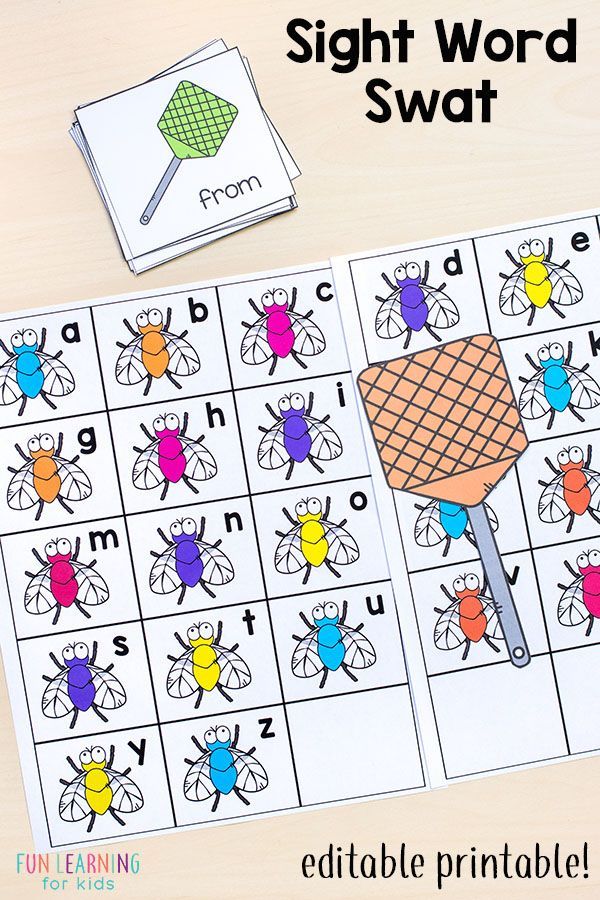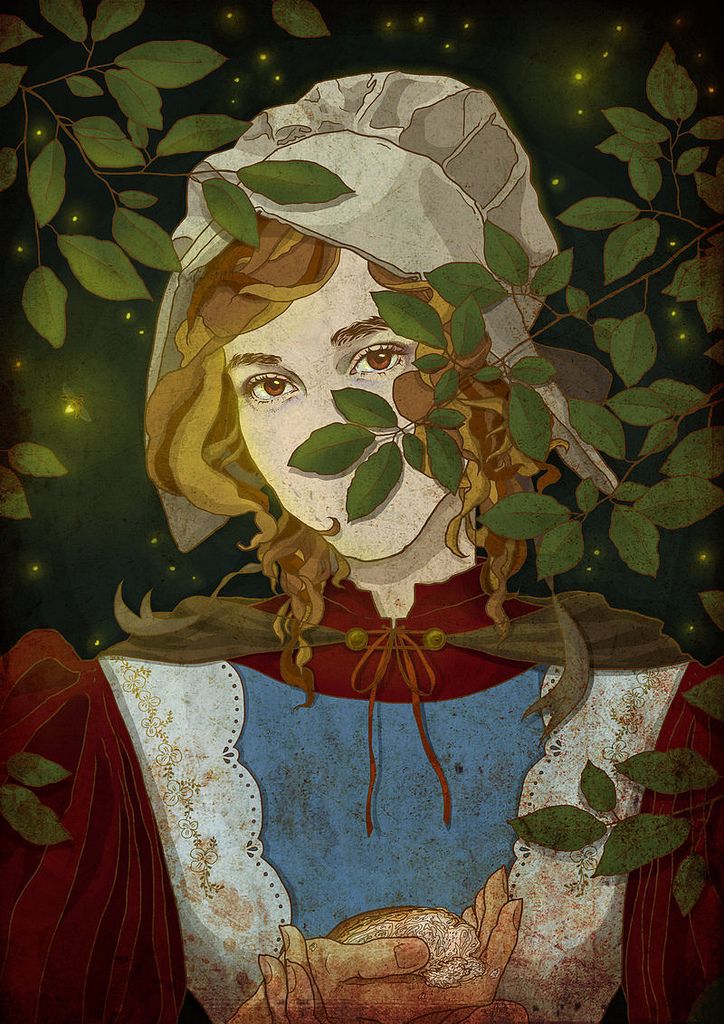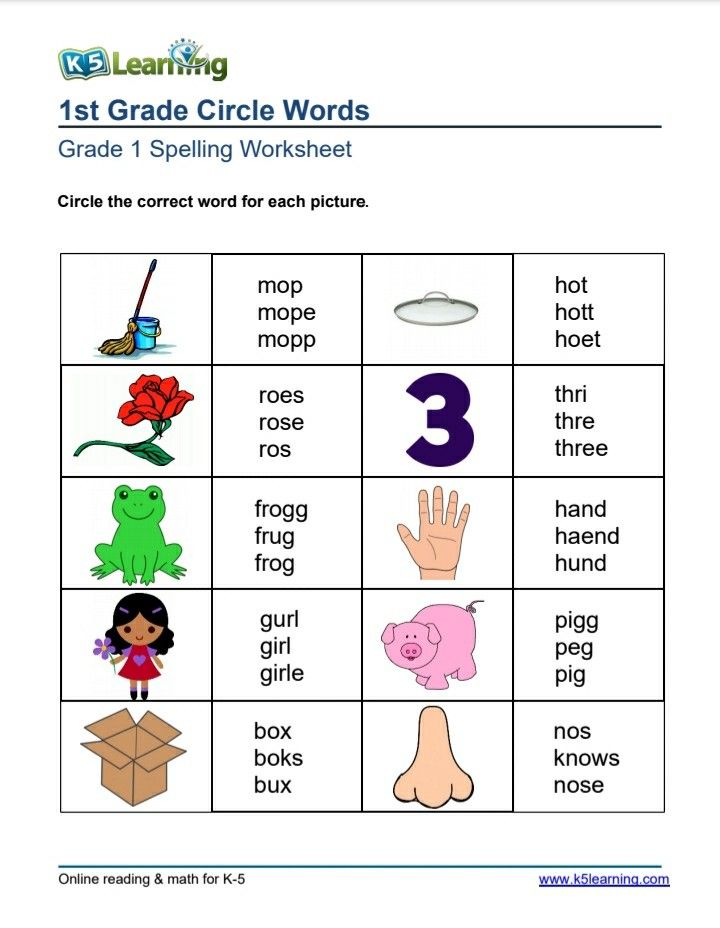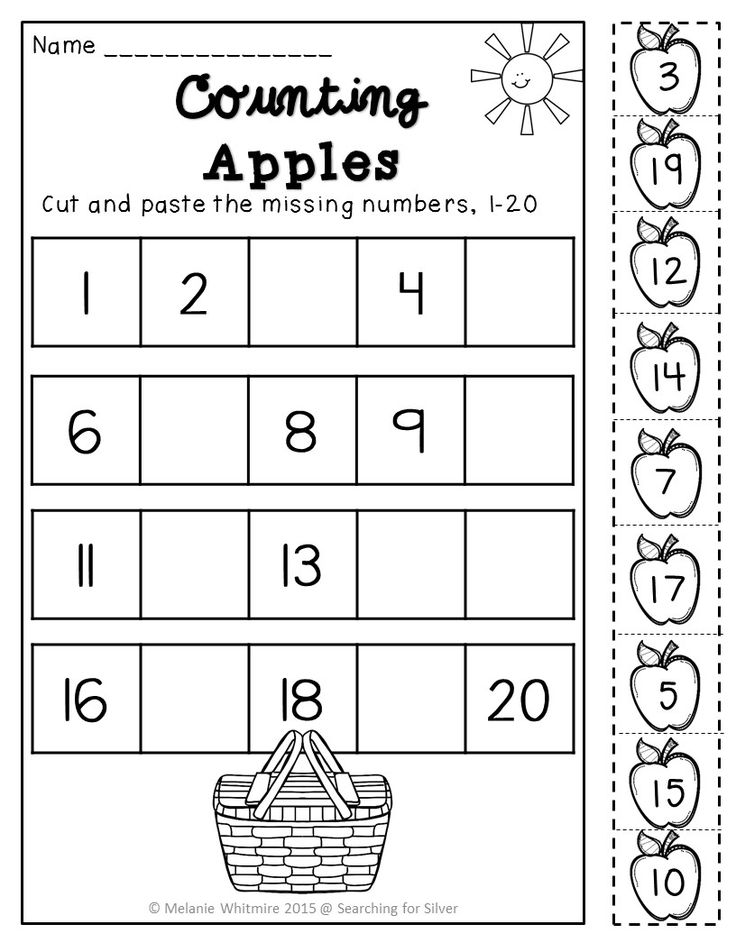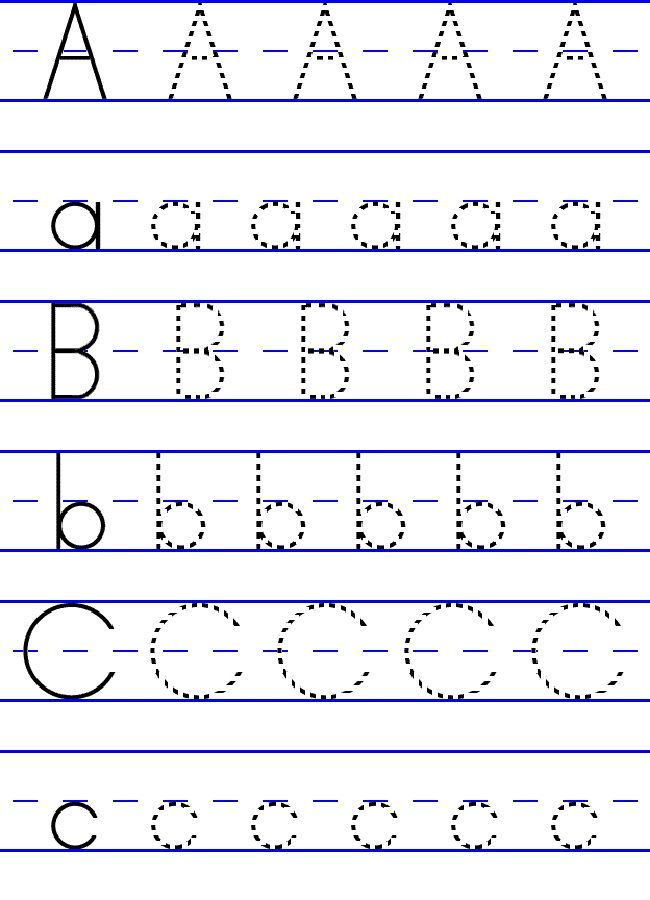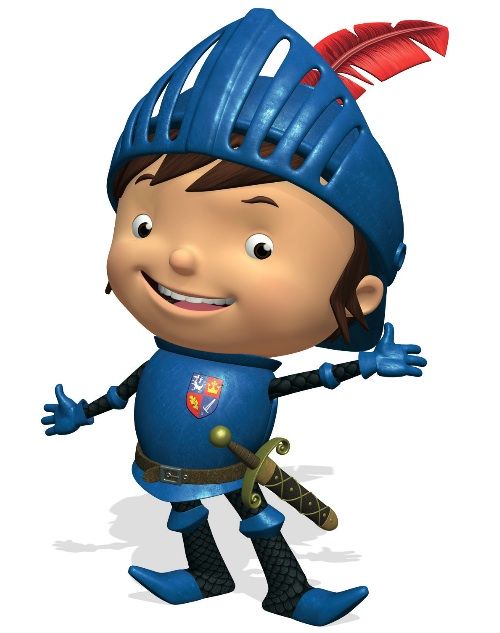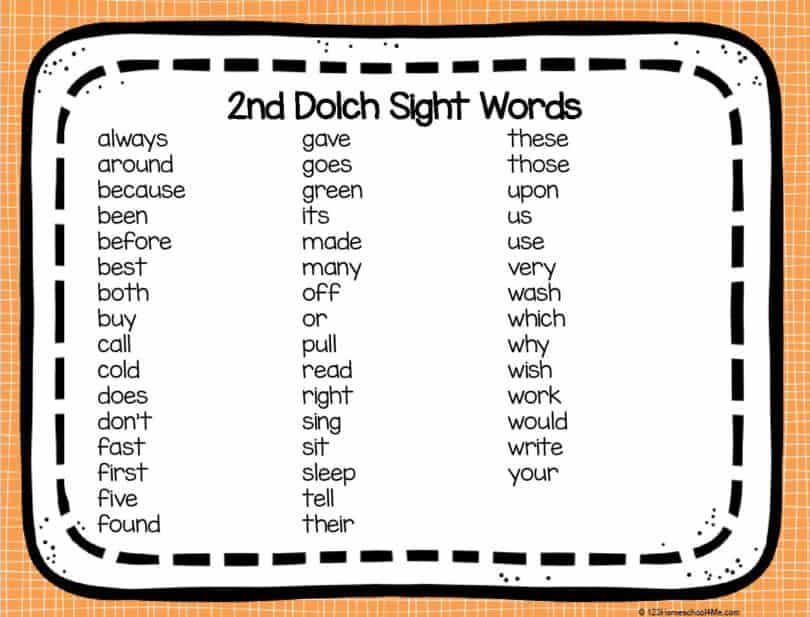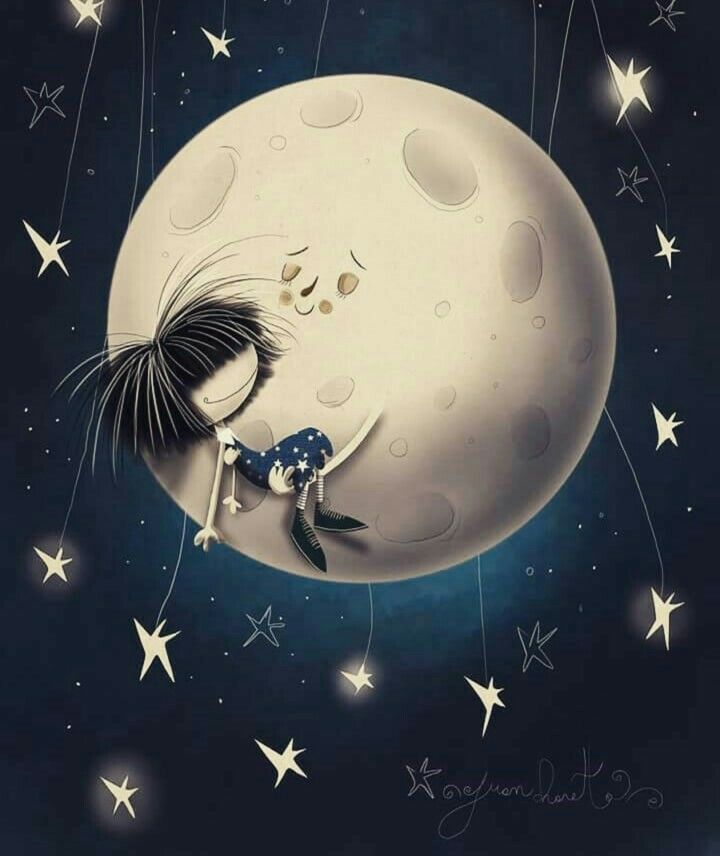Funny word games for kids
16 Word Games for Kids and Families
Fun word games for kids are a great way to fight boredom while also helping kids improve vocabulary, spelling, and communication skills. Kids will retain more vocabulary, remember grammar rules, and learn spelling tricks if they have fun while learning and these word games are a great place to start.
What are the benefits of word games?
Word games are not just fun boredom busters! They have lots of literacy benefits.
Word games will:
- Improve reading and language skills
- Boost intelligence
- Increase quick thinking and concentration skills
- Cultivate relationships when played with others
- Teach spelling
- Aid foreign language learners
- Help develop confidence
- Enhance communication skills
I have sorted the games into the following three categories below:
- Thinking word games that require no-prep, some are pen and paper games
- Word board games (Actually none of them use a board, ha ha ha)
- Sight word games, particularly good for the classroom
So, what are you waiting for, start playing! (Note: This post contains Amazon affiliate links. Purchases made through these links may earn commission.)
Word Games and Vocabulary Games
What I love about all the word game ideas in this section is that they are free word games!They are travel friendly, and even older kids will enjoy them. Play them on the go! Play them when you are stuck in traffic! Play them while you wait in line at the DMV! Improve your kids vocabulary whenever and wherever you want.
Words within A Word
Words within a word is probably my favorite on the list, and it's great for teachers in the classroom. Write out a long word on a piece of paper or a white board, if you have one. Set a timer for 3-5 minutes and challenge kids to come up with as many smaller words as they can using only the letters in the designated word.
For example, if the word is "onomatopoeia": poem, name, top, pot, ate, etc.
Unscramble
You will need a pen and paper for this word puzzle. Write a list of 10 words, but instead of spelling them correctly, mix up the letters and challenge your child to unscramble them. To make it a little more fun, select all words from a single category. For example: kcae, kieooc, epi, ssertde, eci mreac becomes cake, cookie, pie, dessert, ice cream.
To make it a little more fun, select all words from a single category. For example: kcae, kieooc, epi, ssertde, eci mreac becomes cake, cookie, pie, dessert, ice cream.
TIP: for younger kids choose only 3-5 letter words. I also have a frozen version of this game to play in the bathtub! For older kids, try taking 2 word phrases and scrambling them together as if they are one word.
The Minister's Cat
You can play this game with 2 or more players and it's great for learning new words! The first person starts off by describing the minister's cat with an adjective that begins with the letter "A." For example, "The minister's cat is an angry cat." The next player uses an adjective with the first letter "B," and so on through the alphabet. "The minister's cat is a bulbous cat." "The minister's cat is a cantankerous cat."
VARIATION: The Minister's Cat is also a memory game. Players must remember all the adjectives in order as they are added to the game.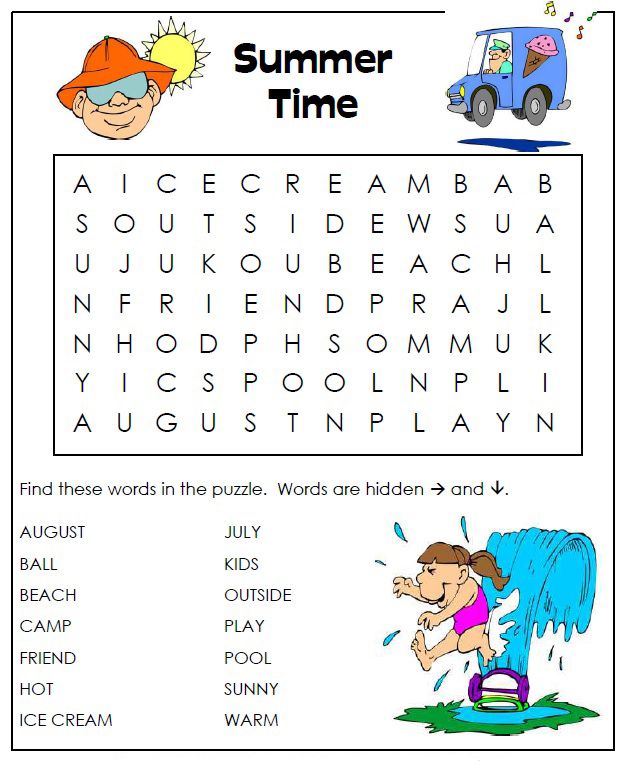 Using the above example, the second player would say, "The minister's cat is an angry, bulbous cat." The third, "The minister's cat is an angry, bulbous, cantankerous cat."
Using the above example, the second player would say, "The minister's cat is an angry, bulbous cat." The third, "The minister's cat is an angry, bulbous, cantankerous cat."
MORE: Memory Games for Kids
Hink Pink
Hink Pinks are rhyming word puzzles. One person thinks of a two word rhyme and gives a two word description. The other player then must guess the "Hink Pink." For example, if one person says, "angry boy", the other player responds, "mad lad." Or, "wet canine" becomes "soggy doggy."
Hink Pink examples: shy fly, funny bunny, slow crow, big wig.
TIP: If players are having trouble coming up with hink pinks, write down a bunch of hink pinks on individual slips of paper and place in a jar for players to draw out on their turn.
Human Thesaurus
Choose a simple word like "beautiful." Think of as many synonyms as you can. If playing with others, you can set a timer and trade off with different words, or write words down and see who can come up with the most.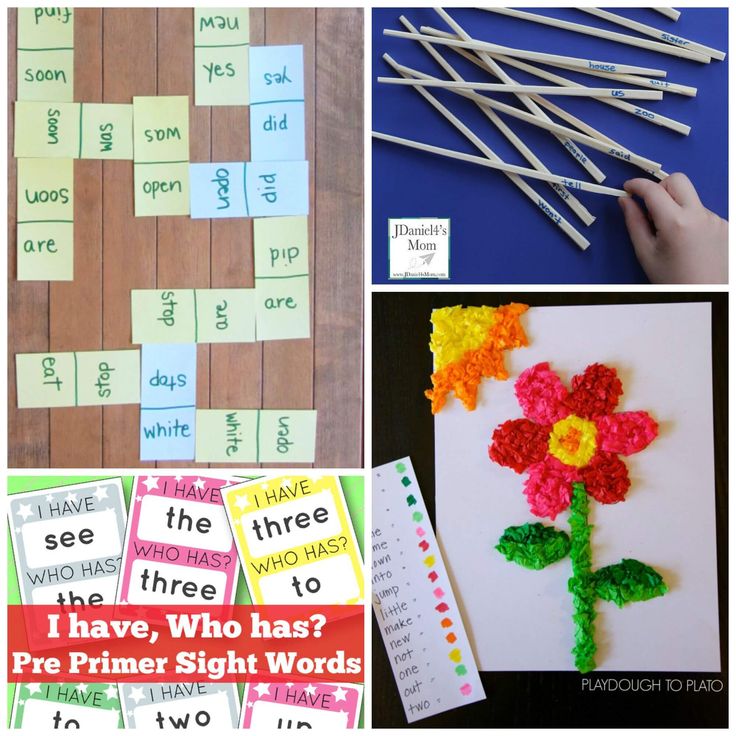
Storytelling Word by Word
Start a story with a single word. The next player says that word and builds the story with another word. The next player says the first two words, adds a third, and so on. Alternatively, you can build sentence by sentence. TIP: keep sentences short.
Hangman
This classic word game probably needs no introduction! One person thinks of a word and draws dashes along a paper to represent each letter in the word. Above the dashes he draws platform and stand. The other person guesses one letter at a time. If the letter is in the word, the first person fills in the blank(s). If not, the incorrect letter is written below and the first person draws one body part at a time. If the person guesses the word before the body is completed (head, torso, 2 arms, 2 legs), he wins, if not -- well, he loses.
Word Board Games
You can find some really wonderful word "board" games to play with kids, either for family game night or in the classroom.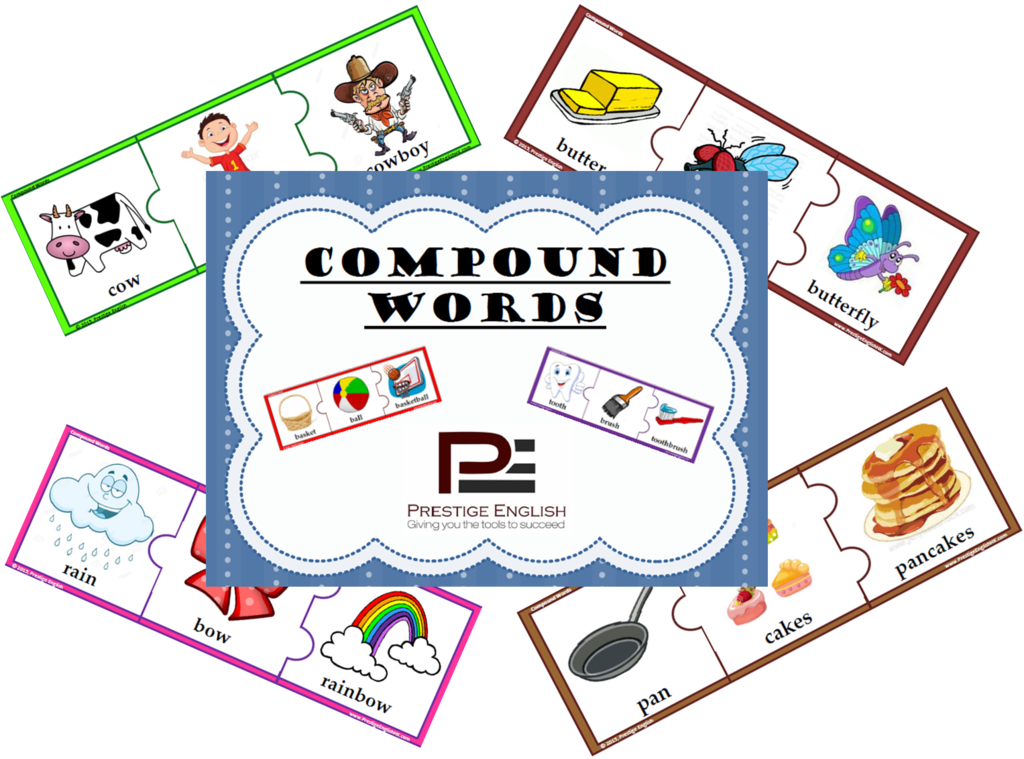 I put "board" in quotation marks because none of these games use an actual board!
I put "board" in quotation marks because none of these games use an actual board!
Boggle
Word-A-Round
Bananagrams
Quiddler
Sight Word Games
If you are working specifically on sight words with your kids and students, try using these diy sight words games and sight word board games to make learning more fun.
DIY and Printable Sight Word Games
The Measured Mom has a ton of free printable sight word games. Start with this one right here!
Sight Words Dominoes from No Time for Flashcards
Sight Words Pancakes from Playdough to Plato.
Zingo!
Zingo, Sight Words Edition. The original Zingo is an excellent classic game for pre-readers and early readers and this sight word edition is a must-have addition to the family of games. The Zingo games definitely take the pain out of memorizing sight words and give kids the confidence they need to improve their reading skills.
Sight Words Bingo
Other fun literacy ideas:
- Indoor and outdoor literacy games
- ABC books for kids that parents will enjoy, too!
- Picture books about words that share a love of language
20 Best Word Games for Kids Recommended by Teachers
English word games are a fun way to get kids to learn new vocabulary skills, sharpen their existing reading skills, and develop their writing skills all in one go. There are tons of fun games to help foster a love for language at a young age and teach them valuable literacy skills along the way.
There are tons of fun games to help foster a love for language at a young age and teach them valuable literacy skills along the way.
Here is a look at 20 cool games that put a new twist on classic word games or introduce you to some new approaches to learning vocabulary skills.
1. Popsicle Words
This word game for kids is easy to set up. Simply write words across the 2 popsicle sticks of the same color and let kids match up the two halves of the sticks. Use colored sticks for young readers or one color to make it a bit more difficult.
Learn more: Good and Beautiful
2. DIY Wordle
Wordle is the online word game that has taken the internet by storm. Create custom wordles for kids using words they know or might be learning at school. This DIY version is quick and easy to use and a favorite educational game among learners.
Learn more: Wordle
3. Stop the Bus
This is a classic classroom game that can also be played at home with just a piece of paper.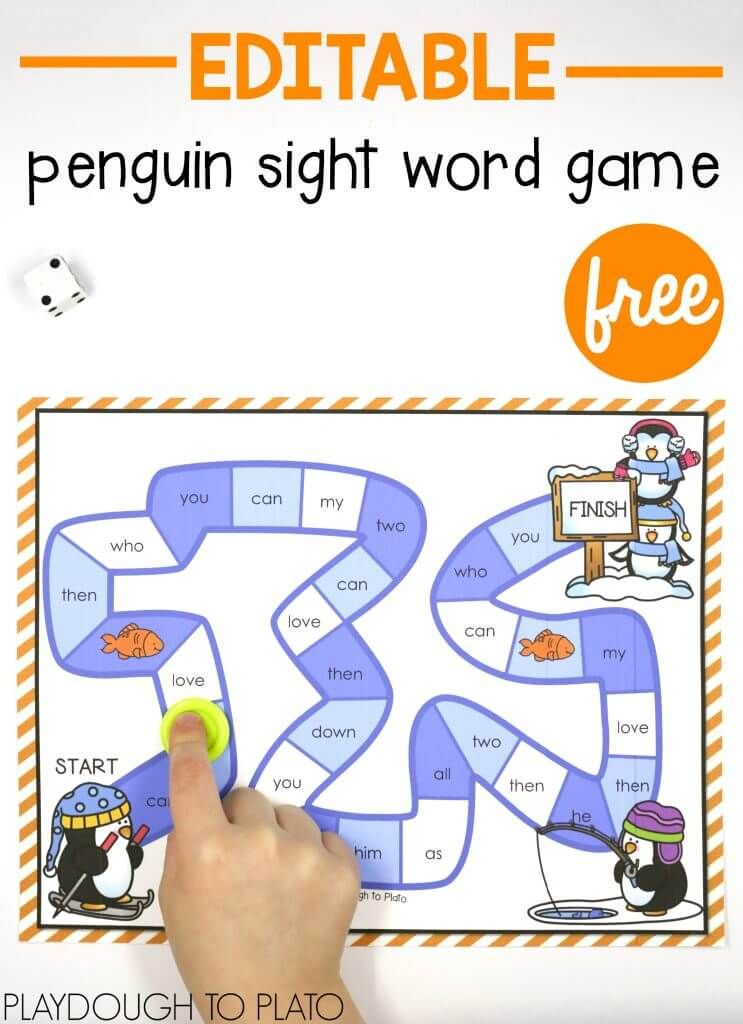 Kids get assigned a letter and must produce one word in each category starting with that letter. It is a game of speed so their language skills are truly out to the test and truly the easiest paper game to set up.
Kids get assigned a letter and must produce one word in each category starting with that letter. It is a game of speed so their language skills are truly out to the test and truly the easiest paper game to set up.
Learn more: ISL Collective
4. Online Hangman
Hangman is one of the best classic word games out there but this fun online version puts a new spin on it. The man is floating above a hungry monster and each incorrect guess pops one of his balloons, bringing him closer to his doom. Don't miss the chance to play this fun new version of one of the most popular word games of all time.
Learn more: Cool Math Games
5. Bananagrams
Bananagrams is a must-play word game for kids of all ages.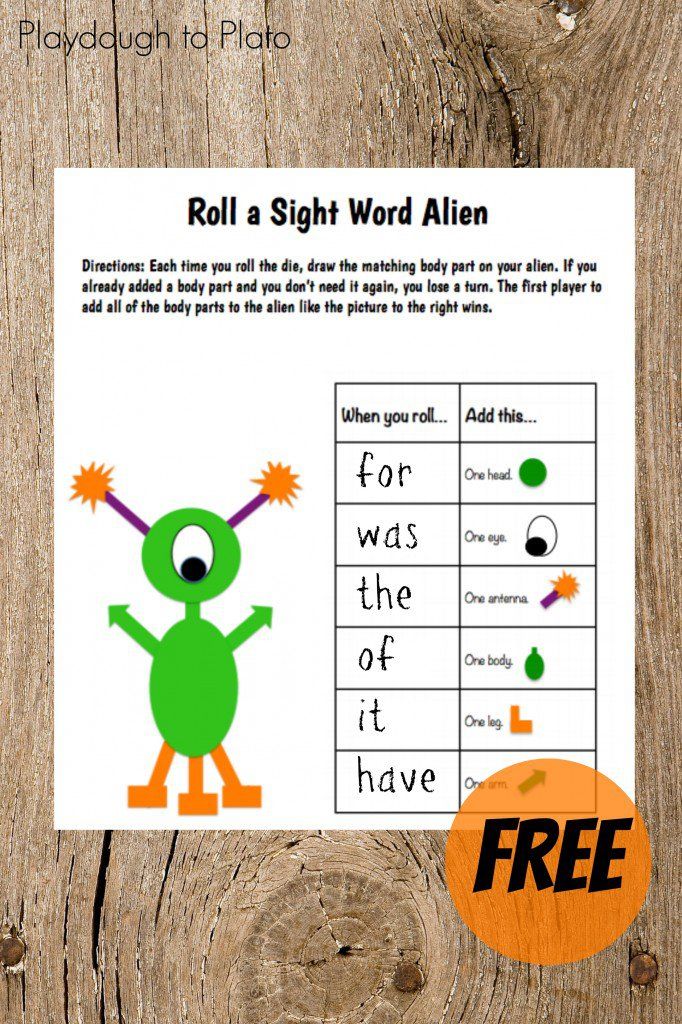 It uses Scrabble-like letter tiles and players grab tiles and form words. Adding the element of time really puts their spelling skills and concentration skills to the test.
It uses Scrabble-like letter tiles and players grab tiles and form words. Adding the element of time really puts their spelling skills and concentration skills to the test.
Learn more: Triple S Games
6. Make a Wordsearch
Create a custom word search for kids using words from their in-class theme or that link to a theme at home. You can even throw some silly words in the mix to make it more difficult or add their names for a fun surprise. This classic paper-based puzzle game remains a firm favorite word game.
Learn more: Discovery Education
7. Storytelling Game
Storytelling games are a great way for kids to use their spoken word skills. A spinner or story dice will give prompts for the story and dictate which direction it must go in.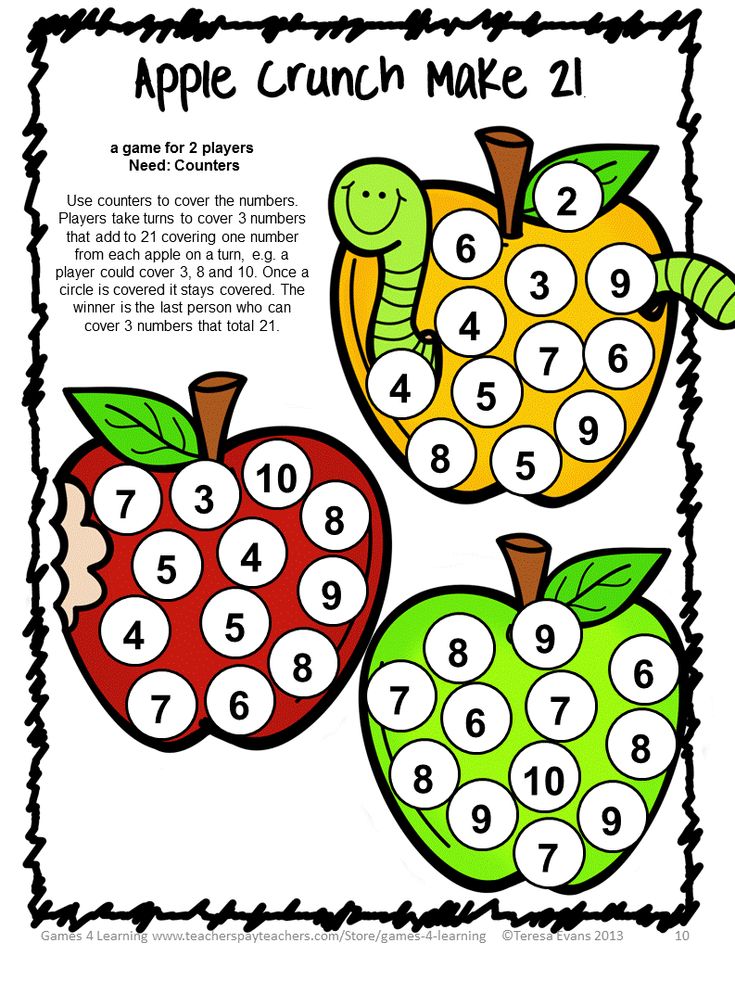 Kids can only use one word or one sentence at a time in this conversational game, forcing them to think quickly and creatively.
Kids can only use one word or one sentence at a time in this conversational game, forcing them to think quickly and creatively.
Learn more: The Colorful Apple
8. Wordicle
This should be a new addition to family game night as Wordicle combines a card game and a dice game to form the ultimate educational board game. Players roll the dice for random letters and use the letters on the cards in their hands to make the highest scoring word possible.
Learn more: UI School Supply
9. Toss the Balloon
To start this sight word game, write a collection of words on a balloon. Toss the balloon in the air and let your child catch it. Whichever word is facing upwards should be read out loud and used in a sentence.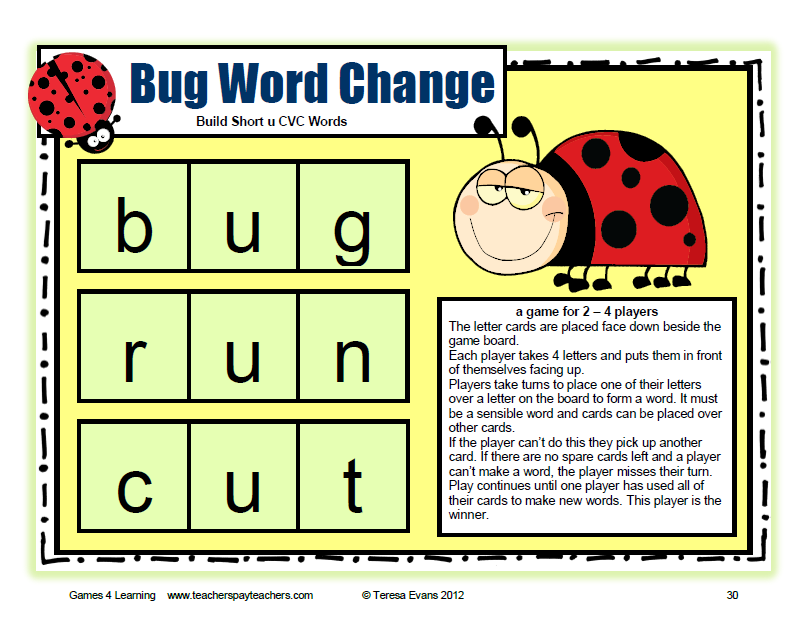 Prompt kids who can write to write the words on the balloon themselves. This fun vocabulary game will have kids jumping for joy as they try to catch the balloon.
Prompt kids who can write to write the words on the balloon themselves. This fun vocabulary game will have kids jumping for joy as they try to catch the balloon.
Learn more: Gift of Curiosity
10. Word Connect
Word Connect is a fun spelling game that kids can play online. Simply connect the letters in the circle to create words using the same letters. Each level adds one more letter to the circle increasing the game difficulty. This game for kids helps build kids' vocabulary as they discover new arrangements for the same letters.
Learn more: Mindgames
11. The Minister's Cat
This classic game was a popular parlor game but can still be played to teach kids all about adjectives. Each player recites the phrase "The minister's cat is a ..." and adds an adjective to describe the cat, moving along the alphabet. An adorable cat, a bouncy cat, a cool cat, and so on. This is a great way to work on listening skills and memory skills as they cannot repeat words and hone alphabet skills as they should determine which letter to use next.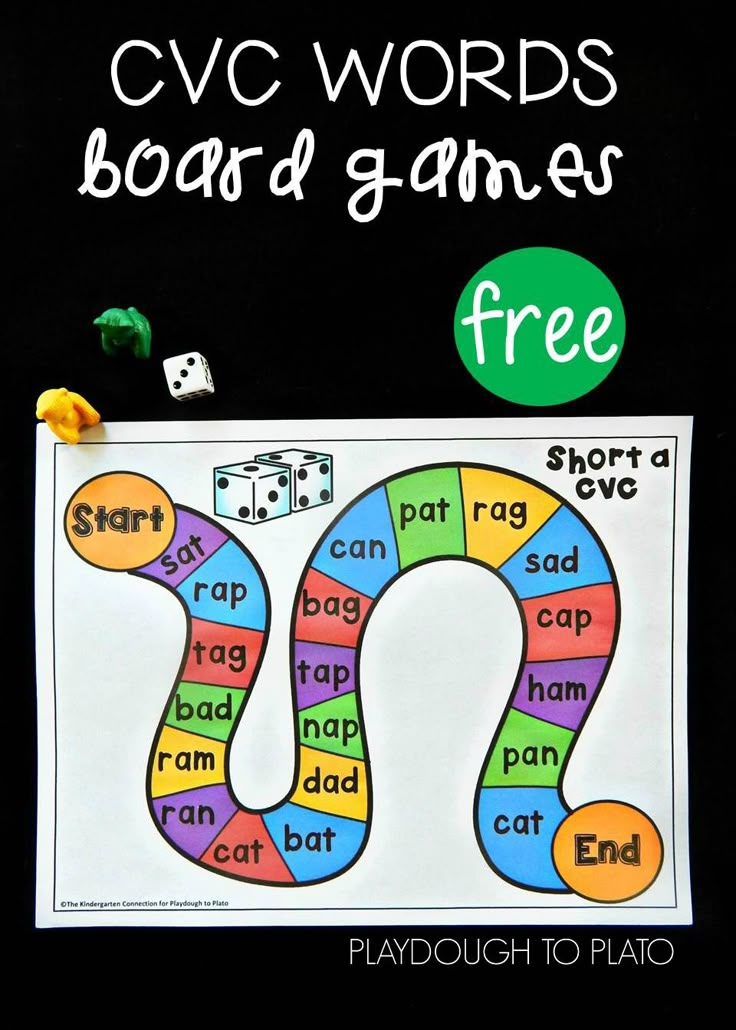
Learn more: Wild Billy
12. Hink Pinks
This fun word game for children is all about rhyming. One player must think of a rhyming phrase like "flat hat" or "wet pet". They should then use another phrase to describe it like "smashed fedora" or "soaked dog". It is up to other players to guess the rhyming 2 words.
Learn more: Hub Pages
13. Boggle
Boggle is a fun and educational game that has unlimited replayability. This handy online version allows you to play this challenging word game without buying the board game and is always handy on a mobile device.
Learn more: Wordshake
14. Blurt
Blurt is a fun new board game, perfect for players who always feel the need to blurt out an answer.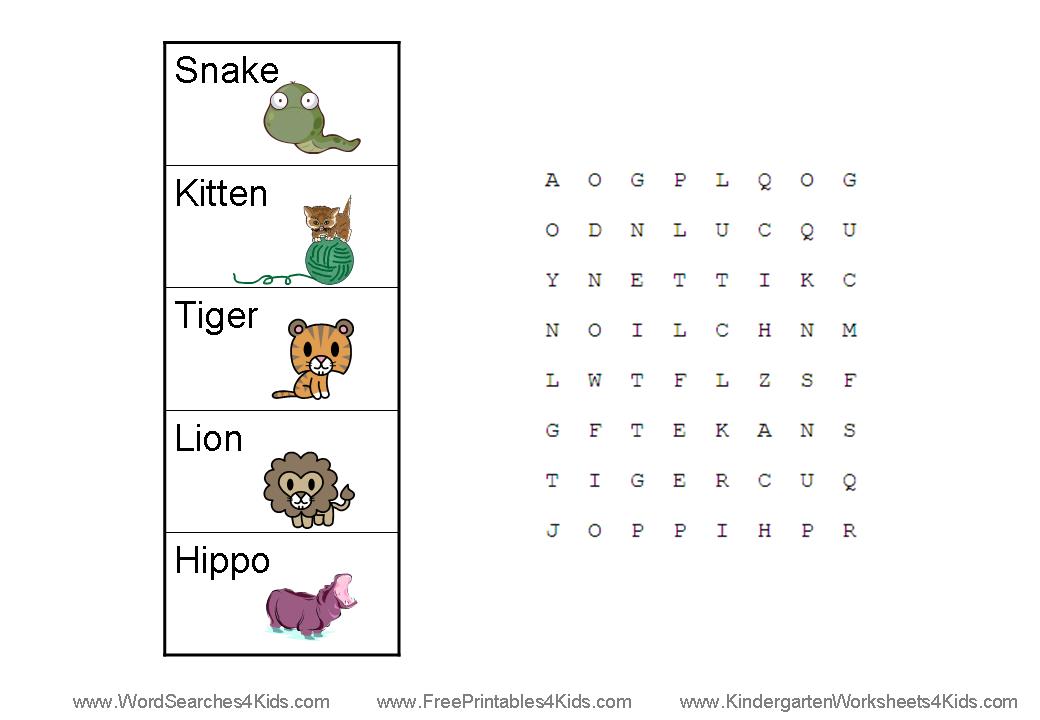 One player reads out a description from a card and other players need to blurt out the word in question. Correct guesses will move you forward on the game board.
One player reads out a description from a card and other players need to blurt out the word in question. Correct guesses will move you forward on the game board.
Learn more: The Dice Tower
15. Codenames
When it comes to word-based board games, few are as popular and well-known as Codenames. Players must call out a word that connects to one or more of the words on the playing cards. Their team must guess the word without accidentally guessing words assigned to the opposing team. This fun online version is free and lets kids play on their own too.
Learn more: Codenames
16. Sight Word Candyland
If you already own the Candyland board game, this adaptation is the perfect simple word game for your kids. This game works on literacy skills and minimizes screen time simultaneously and all you need to do is print out these free game printables. There are also cards for different grade levels so kids of many ages can play together, making it the perfect game for family time.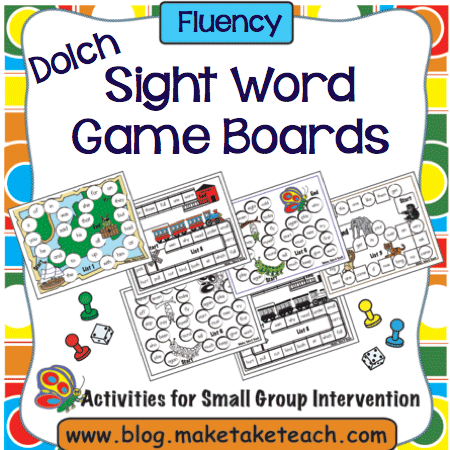
Learn more at 123 Homeschool 4 Me
17. Sight Word Splat
A couple of fly swatters quickly turn a normal sight word game into a very competitive word game. Write words on papers, laminated cards, or sticky notes, and let kids slap them with their fly swatters as you call them out. It is guaranteed to be a lively game as kids rush to show off their fundamental reading skills.
Learn more: You Clever Monkey
18. Silly Sentence Jenga
Write parts of a sentence on some Jenga blocks and let kids build sentences as they pull the pieces out in a hilarious game of Jenga. This printable word list will give you a good foundation for the game or you can replace them with your own words according to a theme or what your children like to learn about.
Learn more: Childhood 101
19. Secret Words
This vocabulary game for kids is great for language development. Print out cards that spell out a word using simple pictures to spell out a word.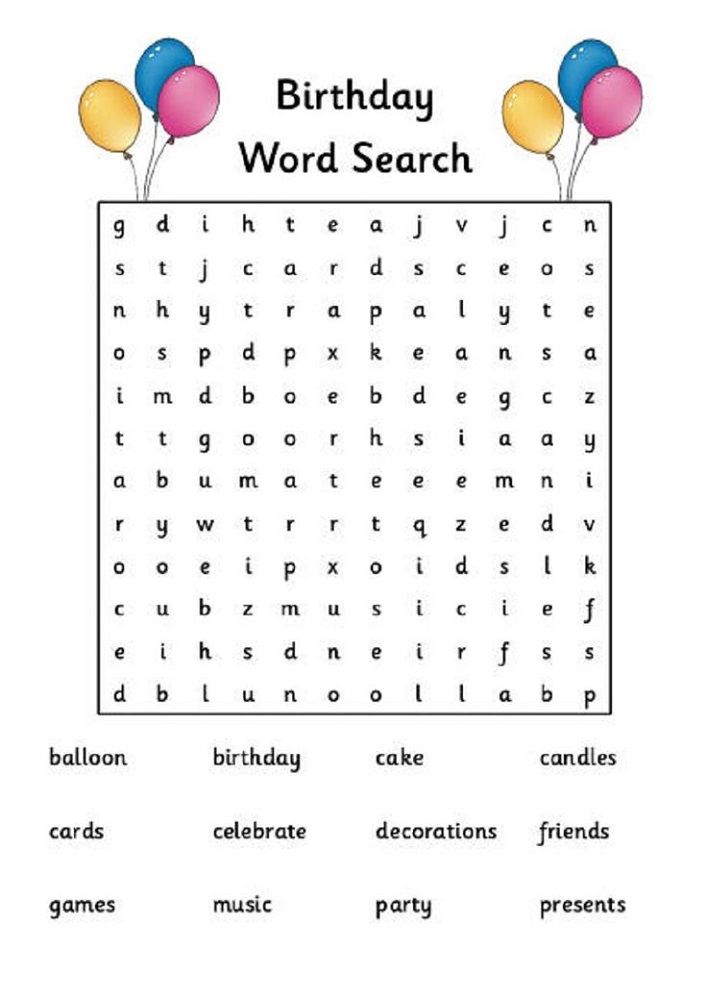 An apple would represent an "a" and a ball will represent a "b" for example. Kids can use magnetic letters, letter blocks, or scrabble tiles to decipher the secret words.
An apple would represent an "a" and a ball will represent a "b" for example. Kids can use magnetic letters, letter blocks, or scrabble tiles to decipher the secret words.
Learn more: Fun Learning For Kids
20. Word Hunt
Even the most reluctant learner will love going on a word treasure hunt. Put some sticky notes all over the house with words printed on them. Give kids a square grid with the matching words written in each block. Kids must find the sticky notes and complete their grid to win the game.
Learn more: Walking By The Way
Fun word games for kids on the road
- Home
- Fun word games for kids on the road
Word games are a magic wand that helps pass the monotonous road and entertain the company of children and adults. We have put together a collection of fun and interesting word games for preschoolers, schoolchildren and adults.
Fun word games for 3-5 year olds
Barrel of laughter
Everyone thinks of a word (you can whisper in your neighbor's ear).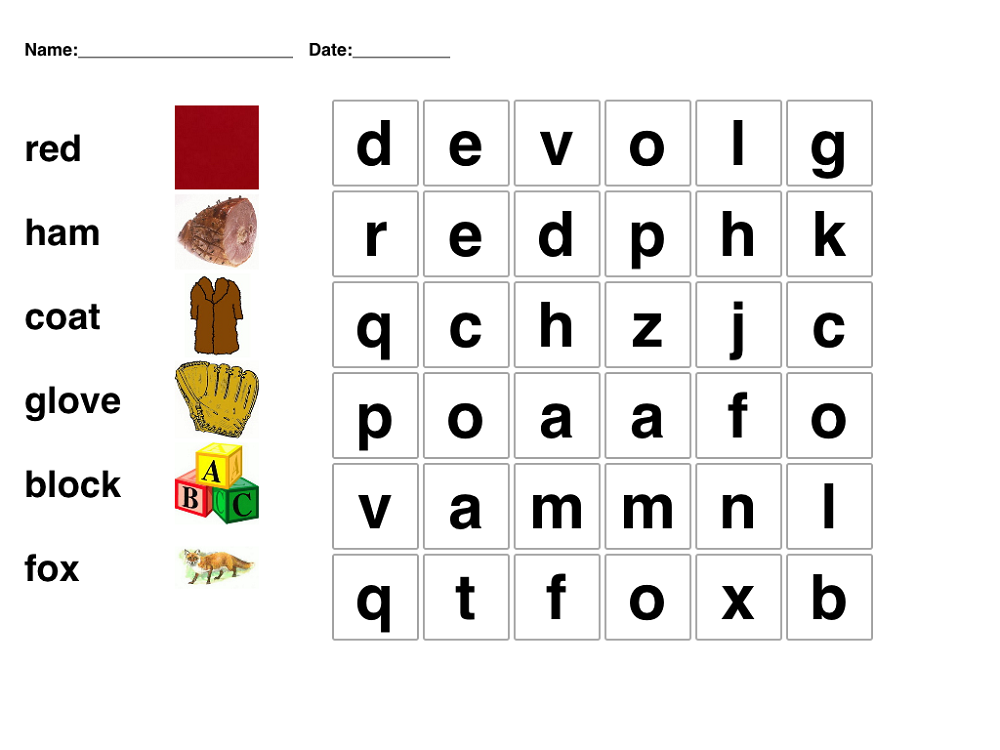 The leader asks any question. For example: “What did you eat for breakfast today?”. And in response, you need to name the hidden word. It often turns out very funny.
The leader asks any question. For example: “What did you eat for breakfast today?”. And in response, you need to name the hidden word. It often turns out very funny.
Yes-No with emotions
The host says "Yes", the others answer "No". The task is to completely repeat the emotion, mood and volume of the presenter. And he speaks insinuatingly, and in a whisper, and screams, and creaks. Natasha, TV's daughter, spoke about this game at a meeting about T. V. Babushkina's Adventurous Pedagogy. It is good because it allows the child to feel the full scope and range of emotions, intonations, experiences that can be hidden in a short “Yes” or “No”.
My new car
Everyone in turn calls out a number from 5 to 25 and then everyone counts the oncoming cars in chorus. If you guessed, for example, 15, then the fifteenth car will be your car. It's a lot of fun when some particularly fashionable car or an old jalopy drops out.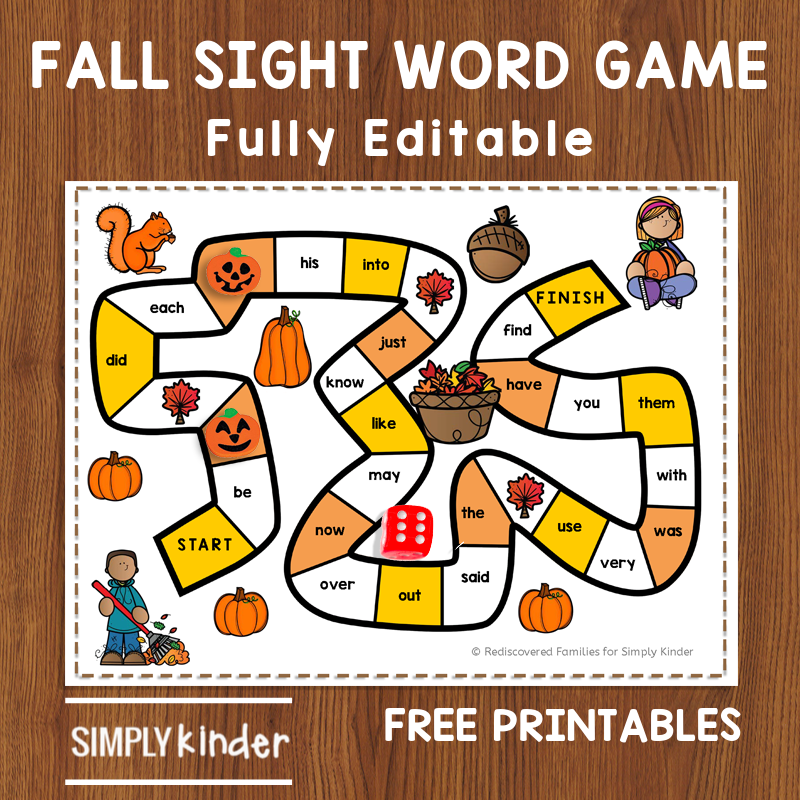 I got a BMW! True, the old one ...
I got a BMW! True, the old one ...
Coquettes
You can offer a child, overtaking other cars: wave your hand from the window, wave your foot at them, make a funny face, salute, smile, etc. If the passengers of that car reacted, then the child counts plus one point. Scored 10 points, get a prize. I remember this as my favorite game from my childhood. The three of us always looked into the rear window of my father's Moskvich, semaphored, and smiled at all the oncoming and overtaken cars. No one has ever tried to catch up and snitch.
Which drop is faster
The game is good for rainy weather. Everyone chooses a drop at the top of the glass. And then he watches her as she flows down. Whose drop is the first, he won!
Mashinoraduga
We drive in a car and carefully look around. If we play machine-rainbow, we are looking for cars of red, orange, yellow, green, blue, blue and purple colors in sequence.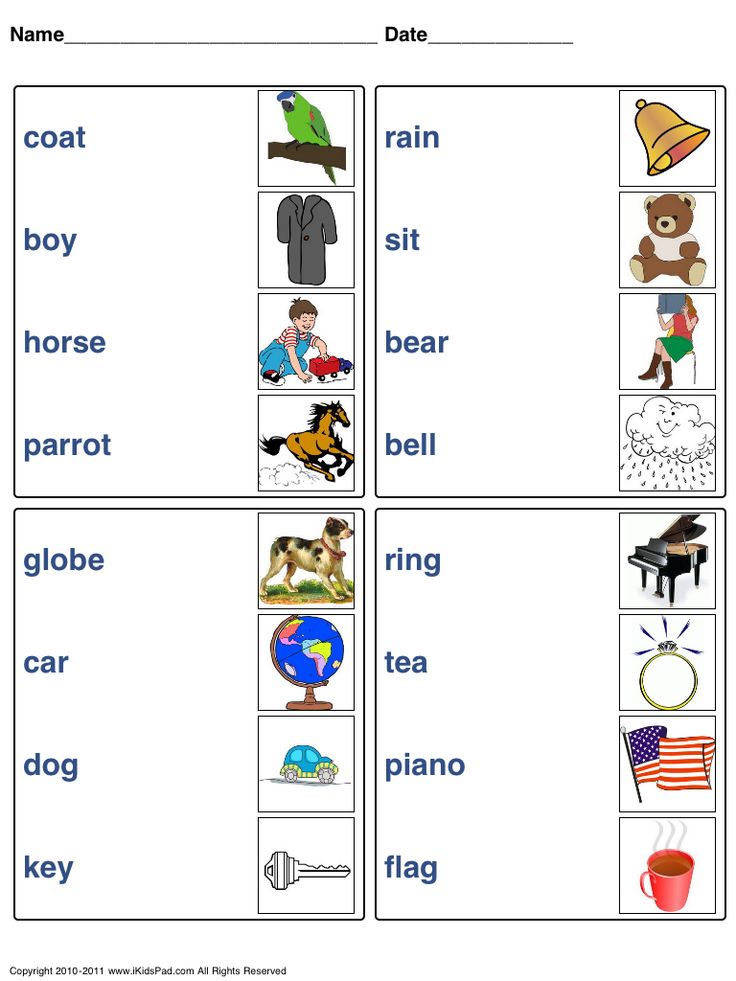 If there are few cars, then you can just play rainbow of objects outside the window. Or in a rainbow of houses. Or a rainbow of billboards. Etc.
If there are few cars, then you can just play rainbow of objects outside the window. Or in a rainbow of houses. Or a rainbow of billboards. Etc.
Word games for preschoolers (for children aged 6-7)
What I guessed outside
Think of something that comes along the way and start counting it out loud. The task of the rest is to guess. It is especially interesting in the area of large cities, where there is a lot of everything. You can guess, for example, billboards, red cars, two-story houses, road signs, trucks, cars with a top trunk, etc. Whoever guesses, guesses next.
What did I think in the car
You think of something inside the cabin. Answer “Yes” or “No” to all questions. Descriptive questions can be asked: “Is it black?” “Is it plastic?” “Is it in the front of the car?” etc. The guesser guesses.
I'll take it with me in my suitcase
Time to train your memory. I'm going on a trip and I'll take fins with me in my suitcase. And I will take fins and binoculars with me in my suitcase. And I'll take fins, binoculars and a doll with me in my suitcase. And so on. Each next lists everything that has already been put in the suitcase and adds his own. Until the first mistake.
I'm going on a trip and I'll take fins with me in my suitcase. And I will take fins and binoculars with me in my suitcase. And I'll take fins, binoculars and a doll with me in my suitcase. And so on. Each next lists everything that has already been put in the suitcase and adds his own. Until the first mistake.
Who is in front?
The game is especially good if you drive behind a car for a long time and you can't overtake. The task is to come up with and describe in detail who is driving. Gender, age, hairstyle, outfit, character. Overtaking, cheerfully wave your hand.
Eyeball
The game is good for the city. Which of the passengers will be the first to notice what is hidden on the road: a cyclist, a bus stop, a broken car on the side of the road, a taxi, a dog in a car, a driver in a hat, a passenger with glasses, a tram, etc.
Word games for schoolchildren and groups of adults
Three-word fairy tale
Each of the players thinks of any one word.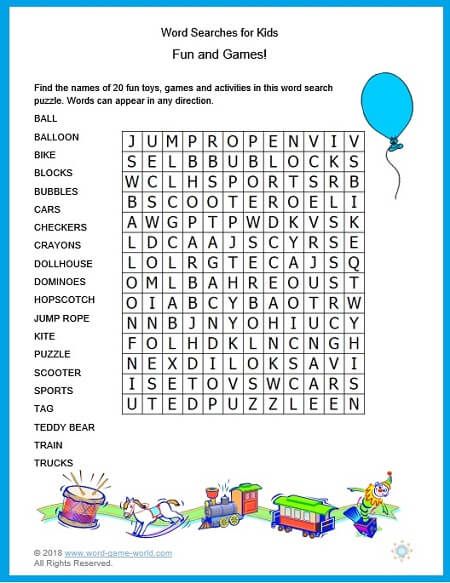 Then they are said out loud at the same time. It turns out a loosely connected, at first glance, set of words. And the leader must come up with a fairy tale with them.
Then they are said out loud at the same time. It turns out a loosely connected, at first glance, set of words. And the leader must come up with a fairy tale with them.
Contact
A game for those who know letters. The driver thinks of a word and says the first letter. Players must come up with words starting with this letter, but not the words themselves, but their definitions. The task is to describe the word in such a way that one of the participants guessed, but the presenter did not. When someone guesses, he shouts "Contact"! And he begins to count loudly up to 10 together with the one who guessed. At the expense of 10, they loudly pronounce their words. If the words match, the host opens the second letter. The host can guess faster, then he just says the guessed word and the game continues. For example, the presenter thought of "Heat" and says "letter T"! The player asks: "Is this a barbel?". The host does not guess, and the second player shouts "Contact"! Count 1,2,3…9,10 - Cockroach! Said at the same time, so they won.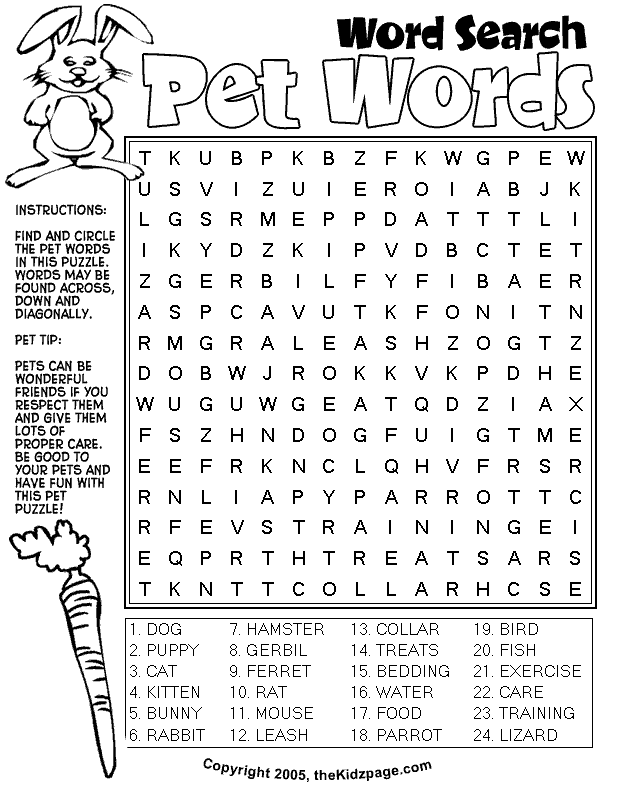 The host says the second letter - "E". Then he makes up words that begin with “those”.
The host says the second letter - "E". Then he makes up words that begin with “those”.
Can
The letter and size of the can are assigned. And everyone takes turns calling words starting with this letter, denoting objects that can be put in such a jar. For example, the letter K and a liter jar: tights, a wallet, a doll, cereals, porridge, a fist, etc. Whoever didn’t say is out.
Source
Loading...
Word games • Arzamas
You have Javascript disabled. Please change your browser settings.
Children's room ArzamasMaterialsMaterials
Arzamas for classes with schoolchildren! A selection of materials for teachers and parents
Everything you can do in an online lesson or just for fun
Cartoons are festival winners. Part 2
Fairy tales, parables, experiments and absurdity
Guide to Yasnaya Polyana
Leo Tolstoy's favorite bench, greenhouse, stable and other places of the museum-estate of the writer that are worth seeing with children
Children's poetry and Vladimirov about cats, tigers, fishermen and boys named Petya
Migrants: how to fight for your rights with the help of music
Hip-hop, carnival, talking drums and other non-obvious ways
Old records: fairy tales of the peoples of the world
Listening and analyzing Japanese, Italian, Scandinavian and Russian fairy tales
Video: ISS commander asks a scientist about space
Lecture at an altitude of 400 kilometers
How to make a film, horror
melodrama at home
The most unusual animation techniques
VR, cartoons of sunbeams, jelly and spices
Play percussion instruments of the world
Learn how the gong, marimba, and drum work and build your own orchestra
How to put on a play
Shadow theatre, reading and other home theater options for children
Soviet puzzles
Solve children's puzzles from 1920-0900–0900–0900–0900–0900
22 cartoons for the little ones
What to watch if you are under six
From "Wild Dog Dingo" to "Timur and his team"
What you need to know about the main Soviet books for children and teenagers
A Guide to Children's Poetry of the 20th Century
From Agnia Barto to Mikhail Yasnov: Children's Poems in Russian
10 Artists' Books
Tracing paper pages are Milanese fog, but binding is the border between reality and modern fantasy
book“Like Pippi, only about love”: explaining new books through old ones
Word games
“Hat”, “telegrams”, “MPS” and other old and new games
Games from classic books
What the heroes of the works of Nabokov, Lindgren and Milne play
Plasticine animation: Russian school
From Plasticine Crow to plasticine Sausage
Cartoons - winners of festivals
My Strange Grandfather", "A Very Lonely Rooster" and others
Non-fiction for children
How the whale's heart beats, what's inside the rocket and who plays the didgeridoo - 60 books about the world around
Guide to foreign popular music
200 artists, 20 genres and 1000 songs that will help you understand the music of 1950-200099,0008
Cartoons according to poems
Poems Chukovsky, Harms, Hippies and Yasnov in Russian animation
,Home games
Shadow theater, crafts and paper dolls from children's books and magazines of the 19th-20th centuries
Books for the little ones
Modern literature from 0 to 5: read, look at, learn
Puppet Animation: Russian School
Amorous Crow, Imp No.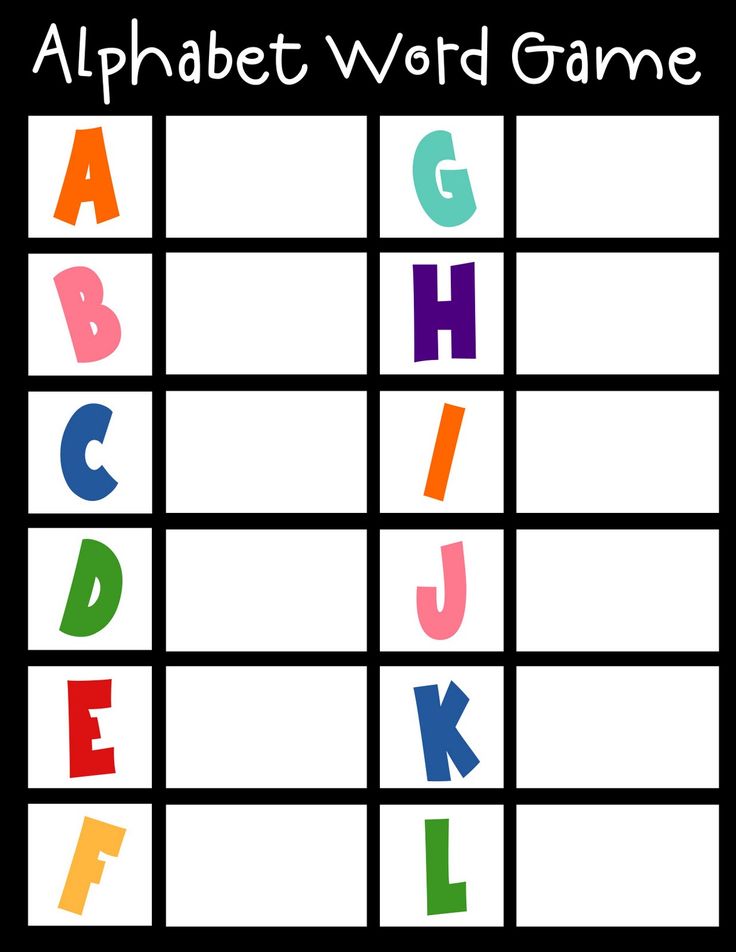 13, Lyolya and Minka and other old and new cartoons
13, Lyolya and Minka and other old and new cartoons
Smart coloring books
Museums and libraries offer to paint their collections of children’s reprints
9 books
Favorite fairy tales, stories and magazines of the last century, which you can buy again
What you can hear in classical music
Steps on ice, the voice of a cuckoo and the sounds of the forest at night in great compositions of the 18th-20th centuries
Soviet educational cartoons
Archimedes, dinosaurs, Antarctica and outer space — popular science cartoons in the USSR
Logic problems
Solve the argument of the wise men, make a bird out of a shirt and correctly count kittens
80 Best short stories for children grandmothers, cats, spies and knightsHow Russian lullabies work
We explain why a spinning top is scary and why you shouldn't lie down on the edge. Bonus: 5 lullabies by Naadya
Musical fairy tales
As Tchaikovsky, Rimsky-Korsakov and Prokofiev work with plots of children's fairy tales
Armenian animation school
The most rebellious cartoons of the Soviet Union
,Cartoon Dina
Cartoon Cartoon Cartoon advisers to look at the child that look with the child, which look with the child.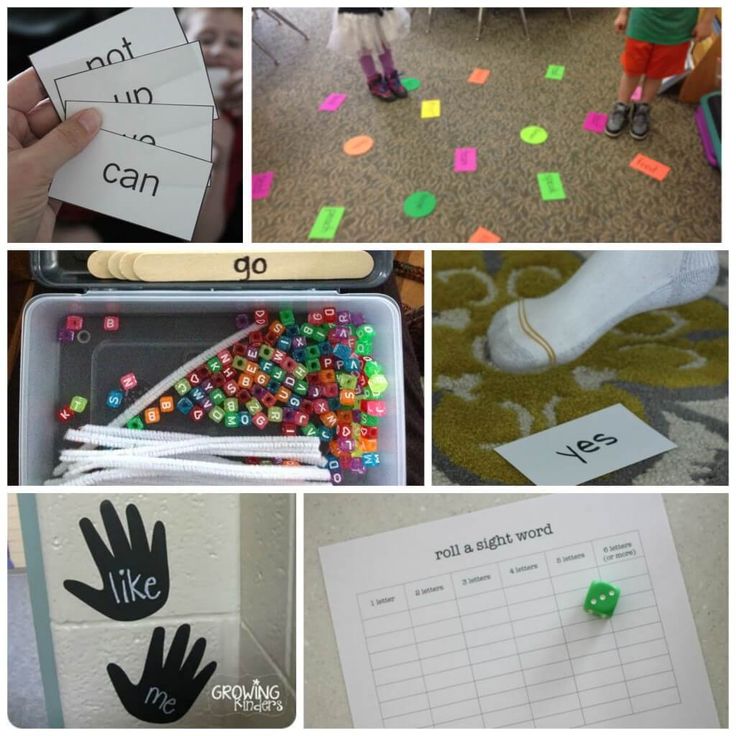
Art cartoons
How to tell children about Picasso, Pollock and Tatlin with animation
40 riddles about everything in the world
What burns without fire and who has a sieve in his nose: riddles from "Chizh", "Hedgehog" and books by Marshak and Chukovsky
Yard games
Poems that are interesting to learn by heart
What to choose if you were asked to learn a poem about mother, New Year or autumn
Old audio performances for children
Ole Lukoye, Gray Sheika, Cinderella and other interesting Soviet entries
Classical music cartoons
How animation works with music by Tchaikovsky, Verdi and Glass
How children's rhymes work
"Ene, bene, slave, kvanter, manter, toad": what does it all mean "and other games that require almost nothing but company and the desire to have a good time
Author Lev Gankin
Primer “A. B. C. Trim, alphabet enchanté. Illustrations by Bertal. France, 1861 Wikimedia CommonsOral games
Associations
Game for a big company.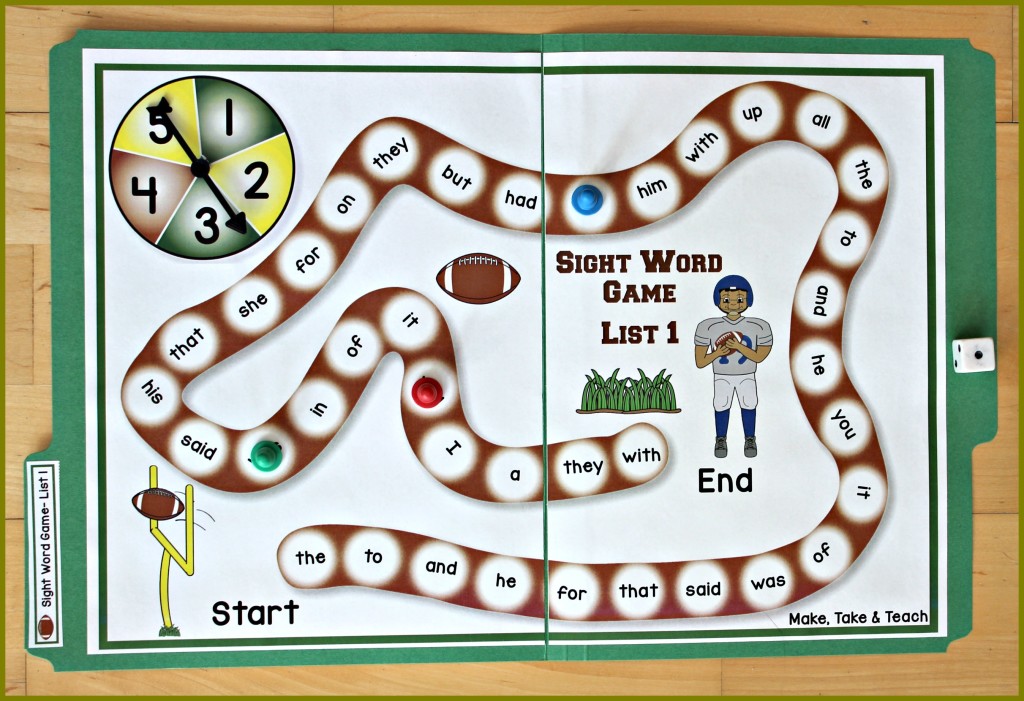 The host briefly leaves the room, during which time the rest decide which of those present they will guess (this may be the host himself). Upon returning, the player asks the others questions - what flower do you associate this person with, what vehicle, what part of the body, what kitchen utensils, etc. - in order to understand who is hidden. Questions can be very different - this is not limited by anything other than the imagination of the players. Since associations are an individual matter and an exact match may not happen here, it is customary to give the guesser two or three attempts. If the company is small, you can expand the circle of mutual acquaintances who are not present at that moment in the room, although the classic version of "associations" is still a hermetic game.
The host briefly leaves the room, during which time the rest decide which of those present they will guess (this may be the host himself). Upon returning, the player asks the others questions - what flower do you associate this person with, what vehicle, what part of the body, what kitchen utensils, etc. - in order to understand who is hidden. Questions can be very different - this is not limited by anything other than the imagination of the players. Since associations are an individual matter and an exact match may not happen here, it is customary to give the guesser two or three attempts. If the company is small, you can expand the circle of mutual acquaintances who are not present at that moment in the room, although the classic version of "associations" is still a hermetic game.
Game of P
A game for a company of four people, an interesting variation on the "hat" theme (see below), but does not require any special accessories. One player guesses a word to another, which he must explain to the others, but he can only use words starting with the letter "p" (any, except for the same root).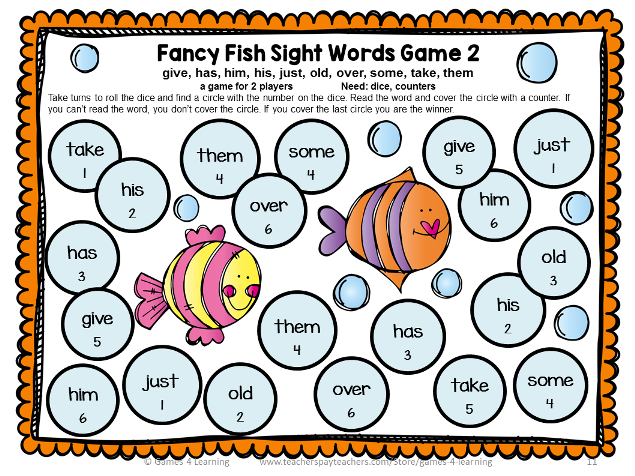 That is, the word "house" will have to be explained, for example, as follows: "I built - I live." If you couldn’t guess right away, you can throw up additional associations: “building, premises, space, the simplest concept ...” And at the end add, for example, “Perignon” - by association with Dom Perignon champagne. If the guessers are close to winning, then the facilitator will need comments like “about”, “approximately”, “almost right” - or, in the opposite situation: “bad, wait!”. Usually, after the word is guessed, the explainer comes up with a new word and whispers it into the ear of the guesser - he becomes the next leader.
That is, the word "house" will have to be explained, for example, as follows: "I built - I live." If you couldn’t guess right away, you can throw up additional associations: “building, premises, space, the simplest concept ...” And at the end add, for example, “Perignon” - by association with Dom Perignon champagne. If the guessers are close to winning, then the facilitator will need comments like “about”, “approximately”, “almost right” - or, in the opposite situation: “bad, wait!”. Usually, after the word is guessed, the explainer comes up with a new word and whispers it into the ear of the guesser - he becomes the next leader.
Lectures for children on this topic:
Course of lectures for children about the languages of the world
How many languages there are in the world, how they differ and how they are similar to each other
Course of lectures for children about strange and new words of the Russian language
Why do linguists study jargon, parasitic words and speech errors
Primer "A.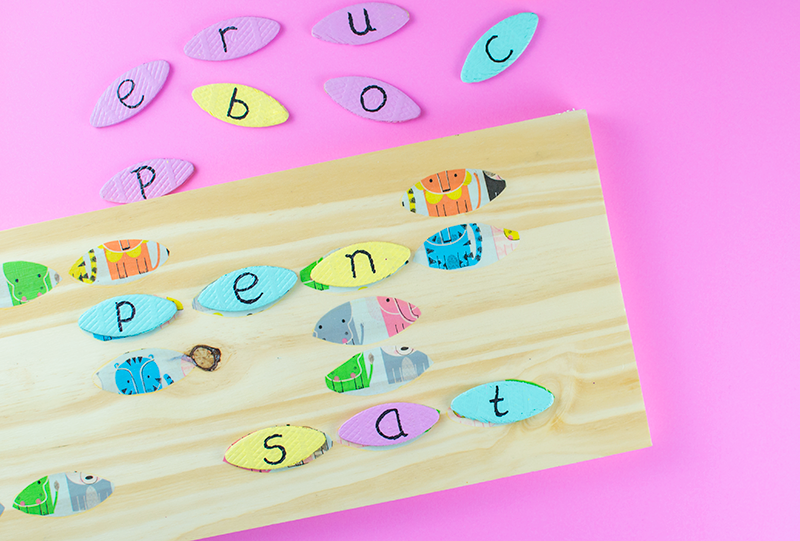 B. C. Trim, alphabet enchanté. Illustrations by Bertal. France, 1861 Wikimedia Commons
B. C. Trim, alphabet enchanté. Illustrations by Bertal. France, 1861 Wikimedia Commons Say the Same Thing
An upbeat, fast-paced game for two, named after the inventive rock band OK Go's video, from which many learned about it (the musicians even developed a mobile application that helps to play it from a distance, although it is currently unavailable). The meaning of the game is that on the count of one-two-three each of the players pronounces a randomly chosen word. Further, the goal of the players is, with the help of successive associations, to come to a common denominator: for the next time, two or three, both pronounce a word that is somehow connected with the previous two, and so on until the desired coincidence occurs. Suppose the first player said the word "house" and the second player said the word "sausage"; in theory, they can coincide very soon, if on the second move after one-two-three both say "store". But if one says “shop”, and the other says “refrigerator” (why not a sausage house?), then the game can drag on, especially since it’s impossible to repeat - neither the store nor the refrigerator will fit, and you will have to think, say, before "refrigerator" or "IKEI".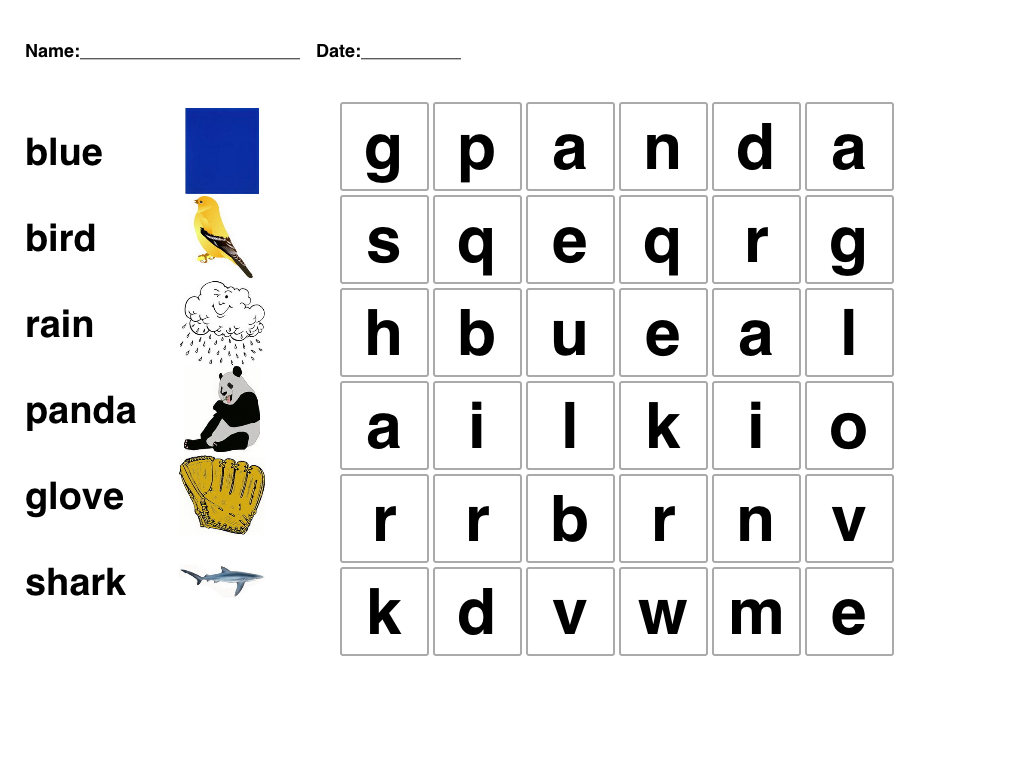 If the original words are far from each other (for example, "curb" and "weightlessness"), then the gameplay becomes completely unpredictable.
If the original words are far from each other (for example, "curb" and "weightlessness"), then the gameplay becomes completely unpredictable.
Characters
A game for the company (the ideal number of players is from four to ten), which requires from the participants not only good imagination, but also, preferably, a little bit of acting skills. As usual, one of the players briefly leaves the room, and while he is gone, the rest come up with a word, the number of letters in which matches the number of participants remaining in the room. Next, the letters are distributed among the players, and a character is invented for each of them (therefore, words that contain "b", "s" or "b" do not fit). Until the word is guessed, the players behave in accordance with the chosen character - the leader's task is to understand exactly what characters his partners portray and restore the hidden word. Imagine, for example, that a company consists of seven people. One leaves, the rest come up with a six-letter word "old man" and distribute roles among themselves: the first, say, will be with indoor, the second - t erpel, the third - a secondary, the fourth - p asylum, the fifth - and mane and the sixth - to ovary.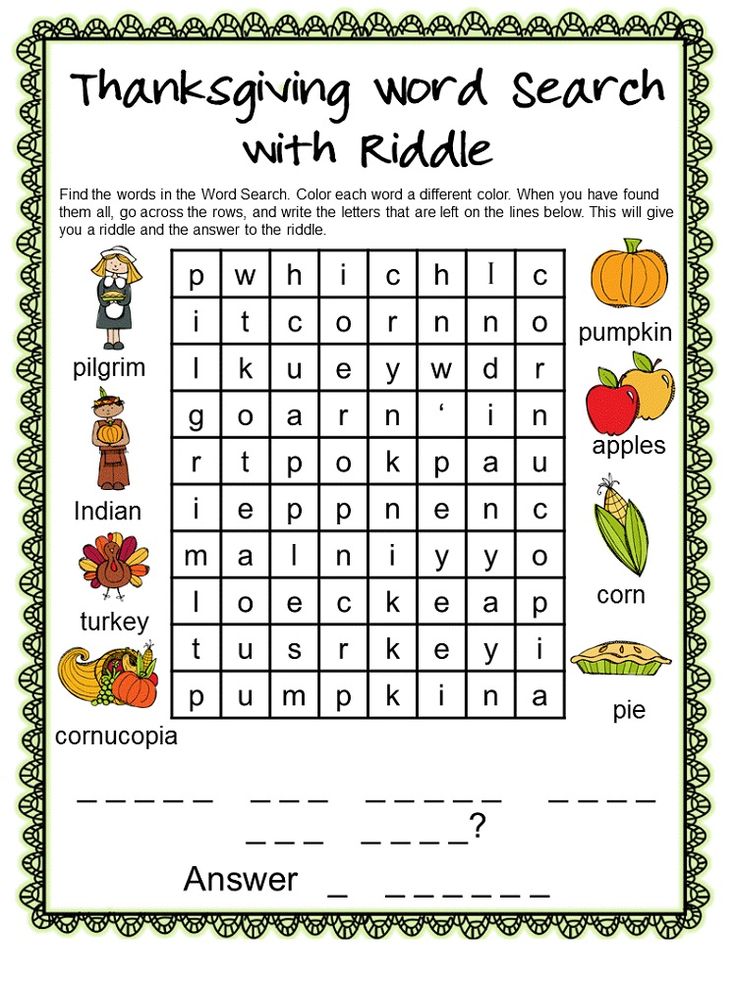 The returning player is greeted by a cacophony of voices - the company "lives" their roles until they are unraveled, and the host asks the players questions that help reveal their image. The only condition is that as soon as the presenter pronounces the correct character - for example, guesses the insidious one - he must admit that his incognito has been revealed and announce the number of his letter (in the word "old man" - the sixth).
The returning player is greeted by a cacophony of voices - the company "lives" their roles until they are unraveled, and the host asks the players questions that help reveal their image. The only condition is that as soon as the presenter pronounces the correct character - for example, guesses the insidious one - he must admit that his incognito has been revealed and announce the number of his letter (in the word "old man" - the sixth).
Recognize the song
A game for a company of four to five people. The host leaves, and the remaining players choose a well-known song and distribute its words among themselves - each word. For example, the song “Let there always be sun” is guessed: one player gets the word “let”, the second - “always”, the third - “will be”, the fourth - “sun”. The host returns and begins to ask questions - the most varied and unexpected: "What is your favorite city?", "Where does the Volga flow?", "What to do and who is to blame?".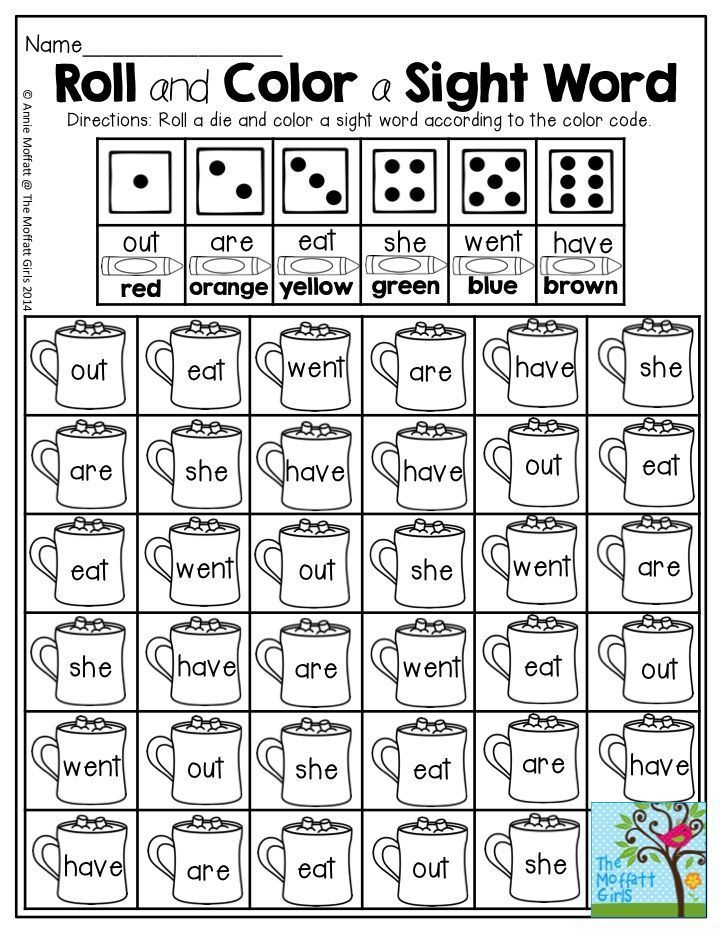 The task of the respondents is to use their own word in the answer and try to do it in such a way that it does not stand out too much; you need to answer quickly and not very extensively, but not necessarily truthfully. Answers to questions in this case can be, for example, “It’s hard for me to choose one city, but let today it will be Rio de Janeiro" or "Volga - into the Caspian, but this does not happen always , every third year it flows into the Black". The presenter must catch which word is superfluous in the answer and guess the song. They often play with lines from poetry rather than from songs.
The task of the respondents is to use their own word in the answer and try to do it in such a way that it does not stand out too much; you need to answer quickly and not very extensively, but not necessarily truthfully. Answers to questions in this case can be, for example, “It’s hard for me to choose one city, but let today it will be Rio de Janeiro" or "Volga - into the Caspian, but this does not happen always , every third year it flows into the Black". The presenter must catch which word is superfluous in the answer and guess the song. They often play with lines from poetry rather than from songs.
Tip
A game for four people divided into pairs (in principle, there can be three or four pairs). The mechanics is extremely simple: the first player from the first pair whispers a word (a common noun in the singular) into the ear of the first player from the second pair, then they must take turns calling their associations with this word (in the same form - common nouns; cognate words cannot be used ).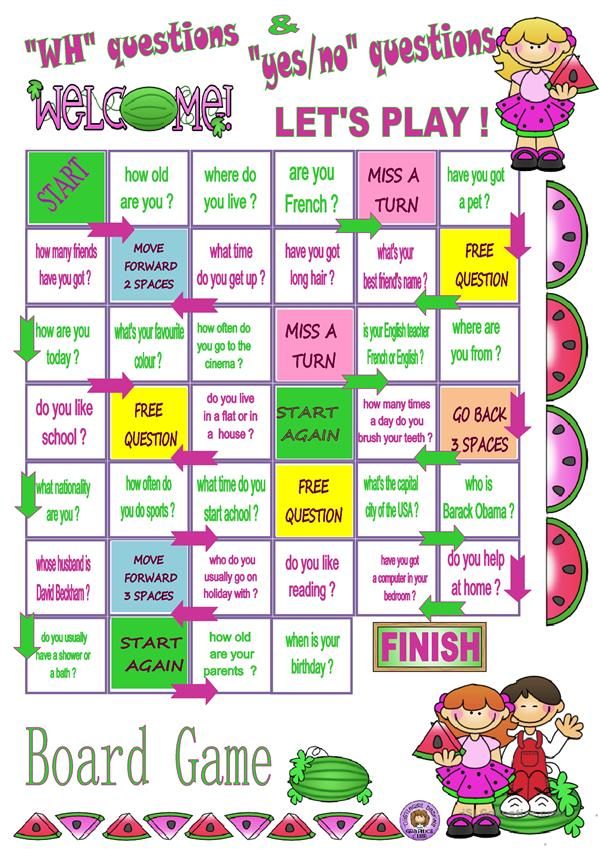 After each association, the teammate of the player who voiced it calls out his word, trying to guess if it was originally guessed - and so on, until the problem is solved by someone; at the same time, all associations already sounded in the game can be used in the future, adding one new one at each move. For example, suppose there are players A and B on one team, and C and D on the other. Player A whispers the word "old man" into player C's ear. Player C says aloud to his partner D: "age". If D immediately answers "old man", then the pair of C and D scores a point, but if he says, for example, "youth", then the move goes to player A, who, using the word "age" suggested by C (but discarding the irrelevant to the case "youth" from D), says to his partner B: "age, man." Now B will probably guess the old man - and his team with A will already earn a point. But if he says "teenager" (thinking that it is about the age when boys turn into men), then C, to whom the move suddenly returned, will say " age, man, eightieth birthday”, and here, probably, “old man” will be guessed.
After each association, the teammate of the player who voiced it calls out his word, trying to guess if it was originally guessed - and so on, until the problem is solved by someone; at the same time, all associations already sounded in the game can be used in the future, adding one new one at each move. For example, suppose there are players A and B on one team, and C and D on the other. Player A whispers the word "old man" into player C's ear. Player C says aloud to his partner D: "age". If D immediately answers "old man", then the pair of C and D scores a point, but if he says, for example, "youth", then the move goes to player A, who, using the word "age" suggested by C (but discarding the irrelevant to the case "youth" from D), says to his partner B: "age, man." Now B will probably guess the old man - and his team with A will already earn a point. But if he says "teenager" (thinking that it is about the age when boys turn into men), then C, to whom the move suddenly returned, will say " age, man, eightieth birthday”, and here, probably, “old man” will be guessed.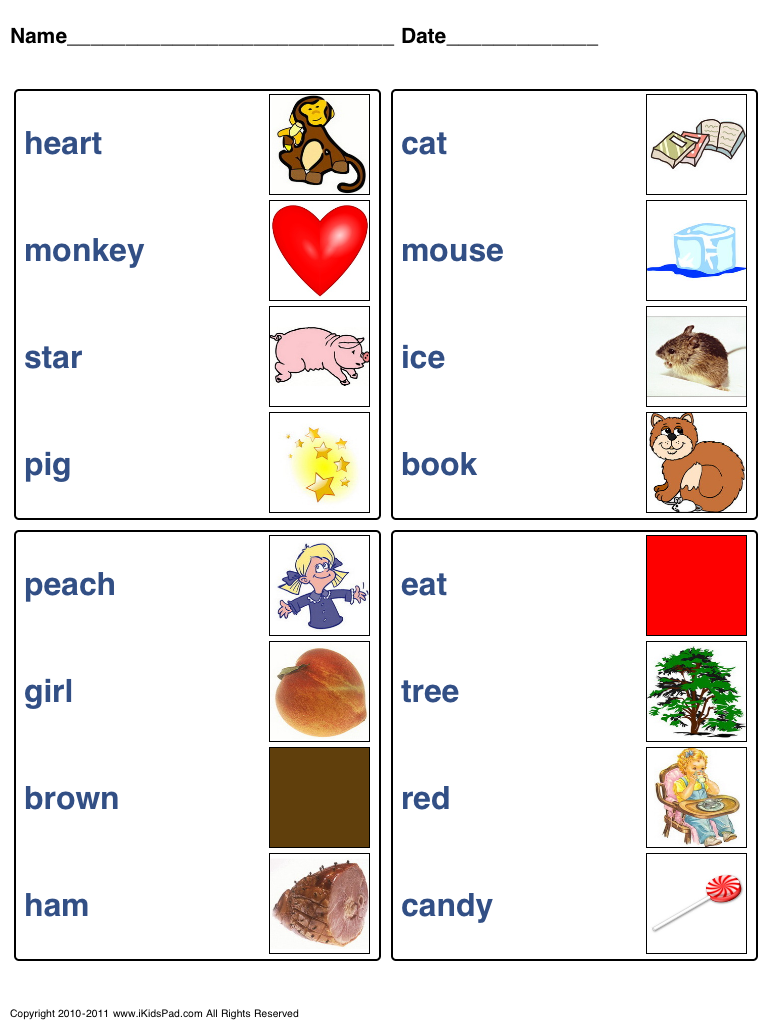 In one of the variants of the game, it is also allowed to "shout": this means that, having suddenly guessed what was meant, the player can shout out the option not on his turn. If he guessed right, his team will get a point, but if he rushed to conclusions, the team will lose a point. They usually play up to five points.
In one of the variants of the game, it is also allowed to "shout": this means that, having suddenly guessed what was meant, the player can shout out the option not on his turn. If he guessed right, his team will get a point, but if he rushed to conclusions, the team will lose a point. They usually play up to five points.
IPU
Game for a big company. Here we are forced to warn readers that, having seen this text in full, you will never be able to drive again - the game is one-time.
Spoiler →
First, the player who gets to drive leaves the room. When he returns, he must find out what MPS means - all that is known in advance is that the bearer of this mysterious abbreviation is present in the room right now. To find out the correct answer, the driver can ask other players questions, the answers to which should be formulated as “yes” or “no”: “Does he have blond hair?”, “Does he have blue eyes?”, “Is this a man?”, “He in jeans?", "Does he have a beard?"; moreover, each question is asked to a specific player, and not to all at once.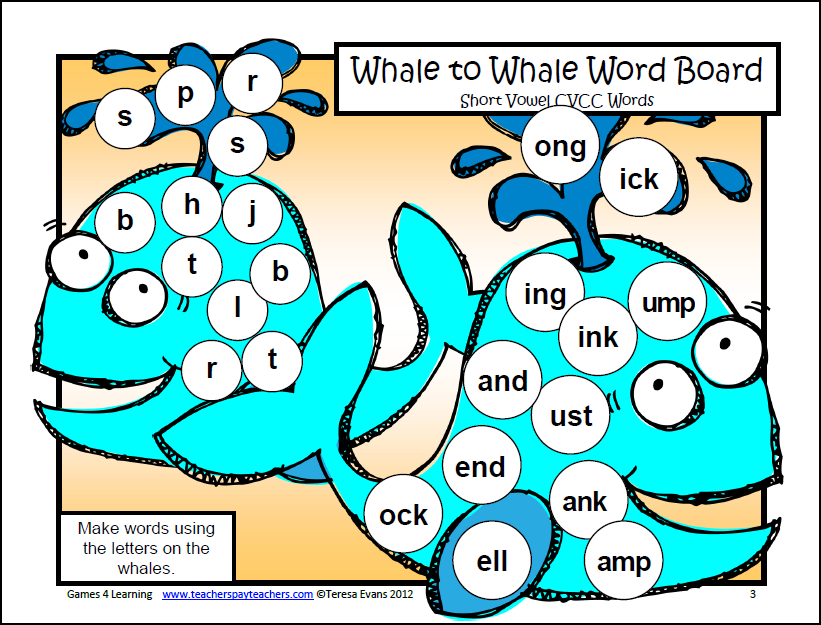 Most likely, it will quickly become clear that there is simply no person in the room who meets all the criteria; Accordingly, the question arises, according to what principle the players give answers. "Opening" this principle will help answer the main question - what is MPS. The Ministry of Railways is not the Ministry of Communications at all, but m oy p right s seated (that is, each player always describes the person sitting to his right). Another option is COP, to then to answered to last (that is, everyone talks about who answered the previous question).
Most likely, it will quickly become clear that there is simply no person in the room who meets all the criteria; Accordingly, the question arises, according to what principle the players give answers. "Opening" this principle will help answer the main question - what is MPS. The Ministry of Railways is not the Ministry of Communications at all, but m oy p right s seated (that is, each player always describes the person sitting to his right). Another option is COP, to then to answered to last (that is, everyone talks about who answered the previous question).
Contact
A simple game that can be played with a group of three or more people. One thinks of a word (noun, common noun, singular) and calls its first letter aloud, the task of the others is to guess the word, remembering other words with this letter, asking questions about them and checking if the presenter guessed.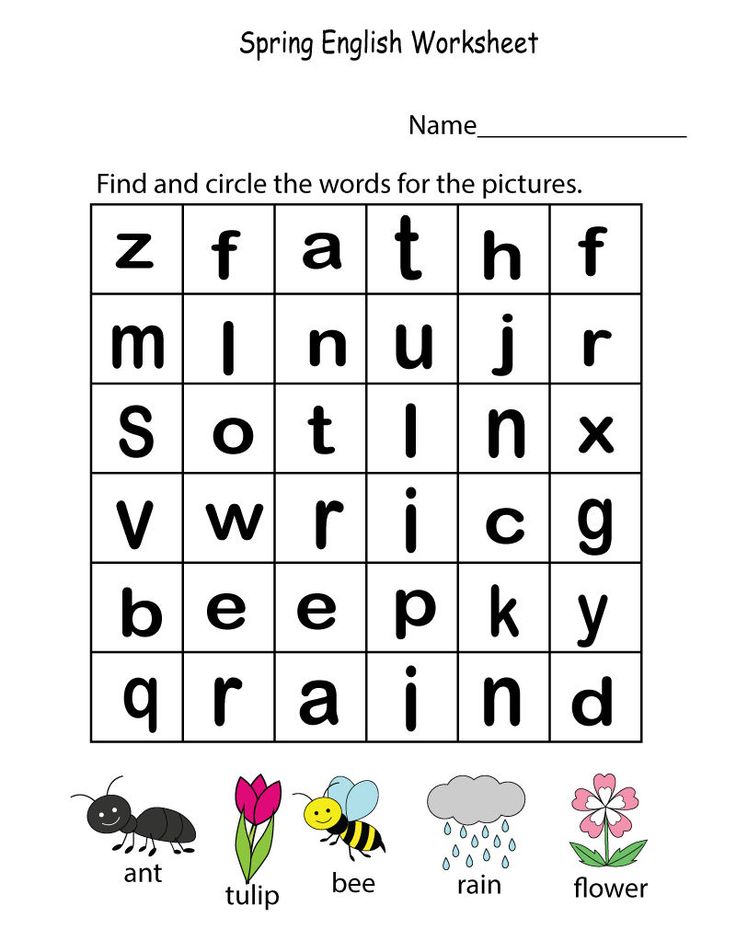 The facilitator's task is not to reveal the next letters in the word to the players for as long as possible. For example, a word with the letter "d" is guessed. One of the players asks the question: “Is this by chance not the place where we live?” This is where the fun begins: the host must figure out as quickly as possible what the player means and say “No, this is not“ house ”” (well, or, if it was a“ house ”, honestly admit it). But in parallel, other players also think the same thing, and if they understand what “house” means before the leader, then they say: “contact” or “there is contact”, and start counting up to ten in chorus (while the count is going on, the presenter still has a chance to escape and guess what it is about!), and then they call the word. If at least two matched, that is, at the expense of ten they said “house” in chorus, the presenter must reveal the next letter, and the new guesser version will already begin with the now known letters “d” + the next one. If it was not possible to beat the host on this question, then the guessers offer a new option.
The facilitator's task is not to reveal the next letters in the word to the players for as long as possible. For example, a word with the letter "d" is guessed. One of the players asks the question: “Is this by chance not the place where we live?” This is where the fun begins: the host must figure out as quickly as possible what the player means and say “No, this is not“ house ”” (well, or, if it was a“ house ”, honestly admit it). But in parallel, other players also think the same thing, and if they understand what “house” means before the leader, then they say: “contact” or “there is contact”, and start counting up to ten in chorus (while the count is going on, the presenter still has a chance to escape and guess what it is about!), and then they call the word. If at least two matched, that is, at the expense of ten they said “house” in chorus, the presenter must reveal the next letter, and the new guesser version will already begin with the now known letters “d” + the next one. If it was not possible to beat the host on this question, then the guessers offer a new option.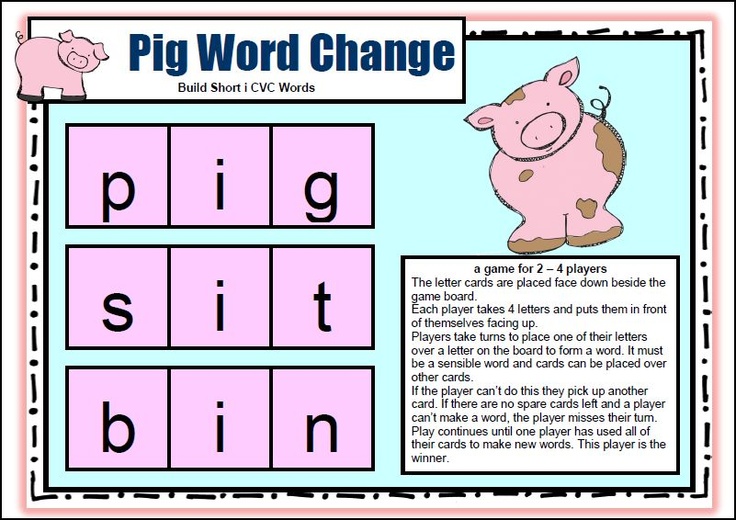 Of course, it makes sense to complicate the definitions, and not ask everything directly - so the question about "home" would sound better like "Is this not where the sun rises?" (with a reference to the famous song "House of the Rising Sun" by The Animals). Usually, the one who eventually gets to the searched word (names it or asks a question leading to victory) becomes the next leader.
Of course, it makes sense to complicate the definitions, and not ask everything directly - so the question about "home" would sound better like "Is this not where the sun rises?" (with a reference to the famous song "House of the Rising Sun" by The Animals). Usually, the one who eventually gets to the searched word (names it or asks a question leading to victory) becomes the next leader.
Writing games
Encyclopedia
Not the fastest, but extremely exciting game for a company of four people - you will need pens, paper and some kind of encyclopedic dictionary (preferably not limited thematically - that is, TSB is better than a conditional "biological encyclopedia"). The host finds a word in the encyclopedia that is unknown to anyone present (here it remains to rely on their honesty - but cheating in this game is uninteresting and unproductive).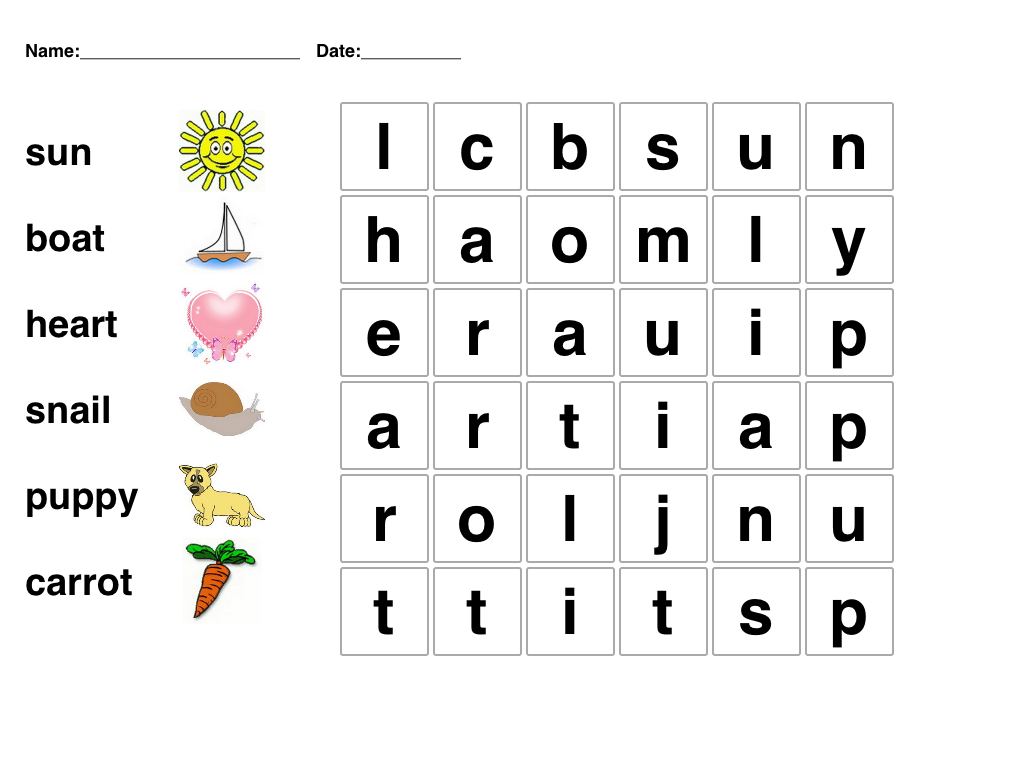 The task of each of the players is to write an encyclopedic definition of this word, inventing its meaning from the head and, if possible, disguising the text as a real small encyclopedic article. The presenter, meanwhile, carefully rewrites the real definition from the encyclopedia. After that, the “articles” are shuffled and read out by the presenter in random order, including the real one, and the players vote for which option seems most convincing to them. In the end, the votes are counted and points are distributed. Any player receives a point for correctly guessing the real definition and one more point for each vote given by other participants to his own version. After that, the sheets are distributed back and a new word is played out - there should be about 6-10 of them in total. You can also play this game in teams: come up with imaginary definitions collectively. The game "poems" is arranged in a similar way - but instead of a compound word, the host selects two lines from some little-known poem in advance and invites the participants to add quatrains.
The task of each of the players is to write an encyclopedic definition of this word, inventing its meaning from the head and, if possible, disguising the text as a real small encyclopedic article. The presenter, meanwhile, carefully rewrites the real definition from the encyclopedia. After that, the “articles” are shuffled and read out by the presenter in random order, including the real one, and the players vote for which option seems most convincing to them. In the end, the votes are counted and points are distributed. Any player receives a point for correctly guessing the real definition and one more point for each vote given by other participants to his own version. After that, the sheets are distributed back and a new word is played out - there should be about 6-10 of them in total. You can also play this game in teams: come up with imaginary definitions collectively. The game "poems" is arranged in a similar way - but instead of a compound word, the host selects two lines from some little-known poem in advance and invites the participants to add quatrains.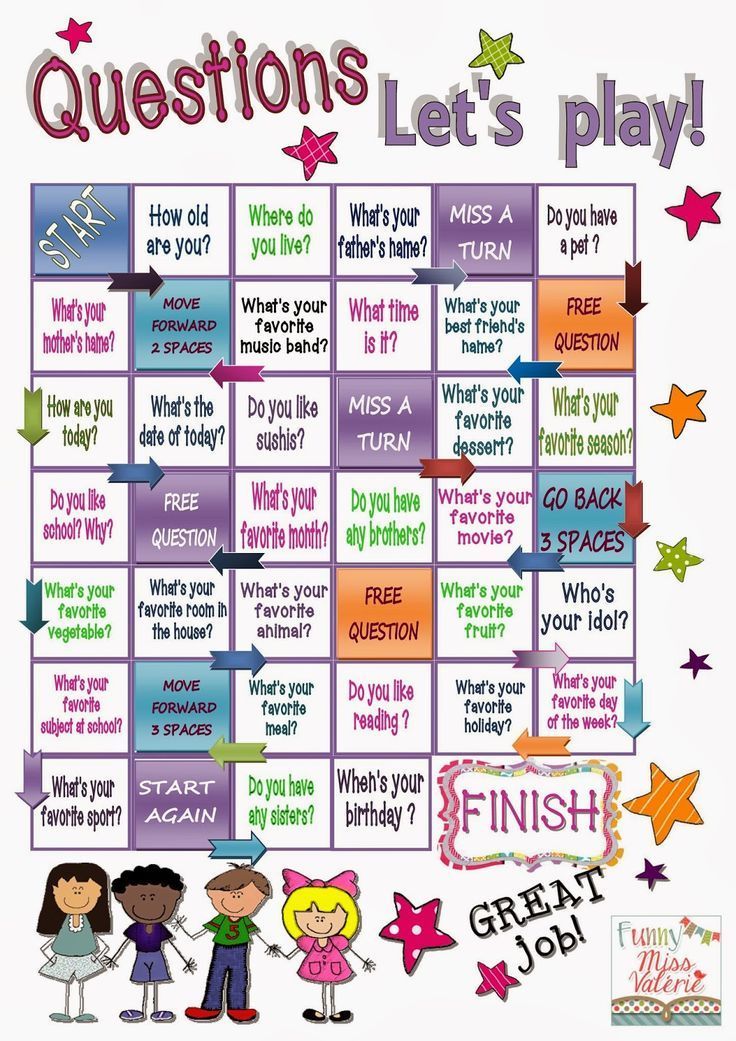
Game from Inglourious Basterds
A game for a company of any size that many knew before the Quentin Tarantino film, but it does not have a single name. Each player invents a role for his neighbor (usually it is some famous person), writes it on a piece of paper and sticks the piece of paper on his neighbor's forehead: accordingly, everyone sees what role someone has, but does not know who they are. The task of the participants is, with the help of leading questions, the answers to which are formulated as “yes” or “no” (“Am I a historical figure?”, “Am I a cultural figure?”, “Am I a famous athlete?”), to find out who exactly they are. In this form, however, the game exhausts itself rather quickly, so you can come up with completely different themes and instead of famous people play, for example, in professions (including exotic ones - "carousel", "taxidermist"), in film and literary heroes (you can mix them with real celebrities, but it’s better to agree on this in advance), food (one player will be risotto, and the other, say, green cabbage soup) and even just items.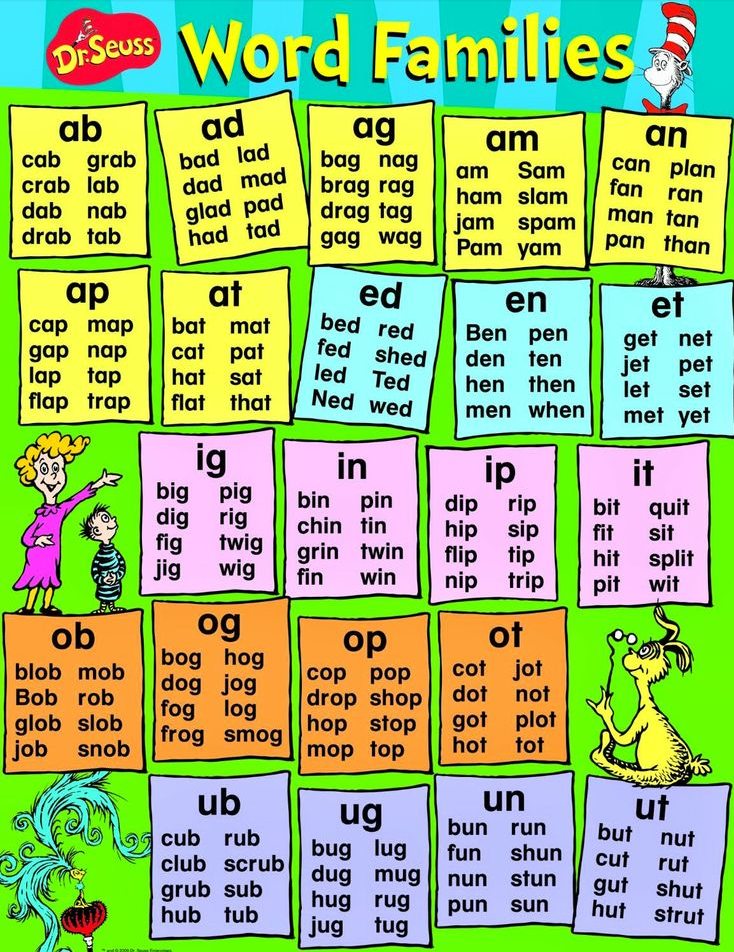
Bulls and cows
A game for two: one participant guesses a word, and it is agreed in advance how many letters should be in it (usually 4-5). The task of the second is to guess this word by naming other four- or five-letter words; if some letters of the named word are in the hidden one, they are called cows, and if they have the same place inside the word, then these are bulls. Let's imagine that the word "eccentric" is conceived. If the guesser says “dot”, then he receives an answer from the second player: “three cows” (that is, the letters “h”, “k” and “a”, which are in both “eccentric” and “dot”, but in different places). If he then says "head of head", he will no longer get three cows, but two cows and one bull - since the letter "a" in both "eccentric" and "head" is in the fourth position. As a result, sooner or later, it is possible to guess the word, and the players can change places: now the first one will guess the word and count the bulls and cows, and the second one will name his options and track the extent to which they coincide with the one guessed.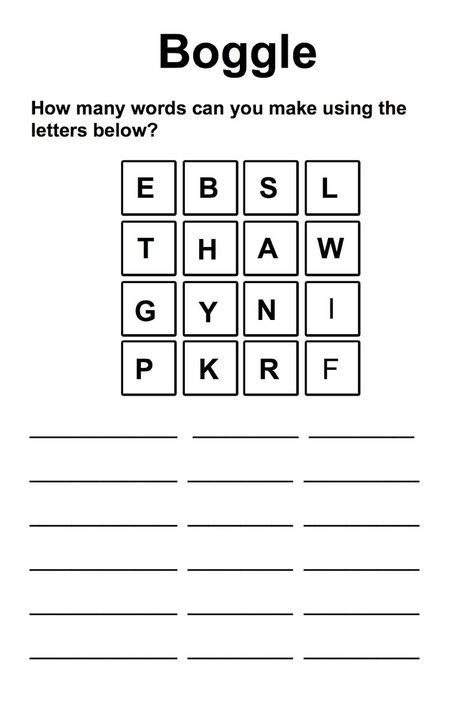 You can also complicate the process by simultaneously guessing your own word and guessing the opponent's word.
You can also complicate the process by simultaneously guessing your own word and guessing the opponent's word.
Intellect
Writing game for the company (but you can also play together), consisting of three rounds, each for five minutes. In the first, players randomly type thirteen letters (for example, blindly poking a book page with their finger) and then form words from them, and only long ones - from five letters. In the second round, you need to choose a syllable and remember as many words as possible that begin with it, you can use single-root ones (for example, if the syllable "house" is selected, then the words "house", "domra", "domain", "domain", "brownie", "housewife", etc.). Finally, in the third round, the syllable is taken again, but now you need to remember not ordinary words, but the names of famous people of the past and present in which it appears, and not necessarily at the beginning - that is, both Karamzin and McCartney will fit the syllable "kar" , and, for example, Hamilcar.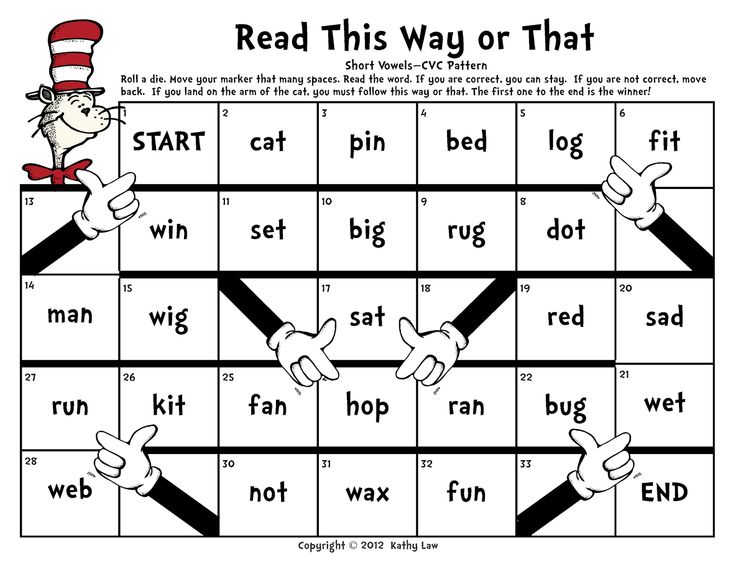 An important detail: since this round provokes the most disputes and scams, game participants can ask each other to prove that this person is really a celebrity, and here you need to remember at least the profession and country. Typical dialogue: "What, you don't know Hamilcar? But this is a Carthaginian commander!” After each round, points are counted: if a particular word is the same for all players, it is simply crossed out, in other cases, players are awarded as many points for it as the opponents could not remember it. In the first round, you can still add points for especially long words. Based on the results of the rounds, it is necessary to determine who took the first, second, third and other places, and add up these places at the end of the game. The goal is to get the smallest number at the output (for example, if you were the winners of all three rounds, then you will get the number 3 - 1 + 1 + 1, and you are the champion; less cannot be purely mathematical).
An important detail: since this round provokes the most disputes and scams, game participants can ask each other to prove that this person is really a celebrity, and here you need to remember at least the profession and country. Typical dialogue: "What, you don't know Hamilcar? But this is a Carthaginian commander!” After each round, points are counted: if a particular word is the same for all players, it is simply crossed out, in other cases, players are awarded as many points for it as the opponents could not remember it. In the first round, you can still add points for especially long words. Based on the results of the rounds, it is necessary to determine who took the first, second, third and other places, and add up these places at the end of the game. The goal is to get the smallest number at the output (for example, if you were the winners of all three rounds, then you will get the number 3 - 1 + 1 + 1, and you are the champion; less cannot be purely mathematical).
 B. C. Trim, alphabet enchanté. Illustrations by Bertal. France, 1861 Wikimedia Commons
B. C. Trim, alphabet enchanté. Illustrations by Bertal. France, 1861 Wikimedia Commons Frame
A game for any number of people, which was invented by one of the creators of the Kaissa chess program and the author of the anagram search program Alexander Bitman. First, the players choose several consonants - this will be the frame, the skeleton of the word. Then the time is recorded (two or three minutes), and the players begin to “stretch” vowels (as well as “й”, “ь”, “ъ”) onto the frame to make existing words. Consonants can be used in any order, but only once, and vowels can be added in any number. For example, players choose the letters "t", "m", "n" - then the words "fog", "cloak", "mantle", "coin", "darkness", "ataman", "dumbness" and other. The winner is the one who can come up with more words (as usual, these should be common nouns in the singular). The game can be played even with one letter, for example, "l". The words “silt”, “lay”, “yula”, “aloe”, “spruce” are formed around it, and if we agree that the letter can be doubled, “alley” and “lily”.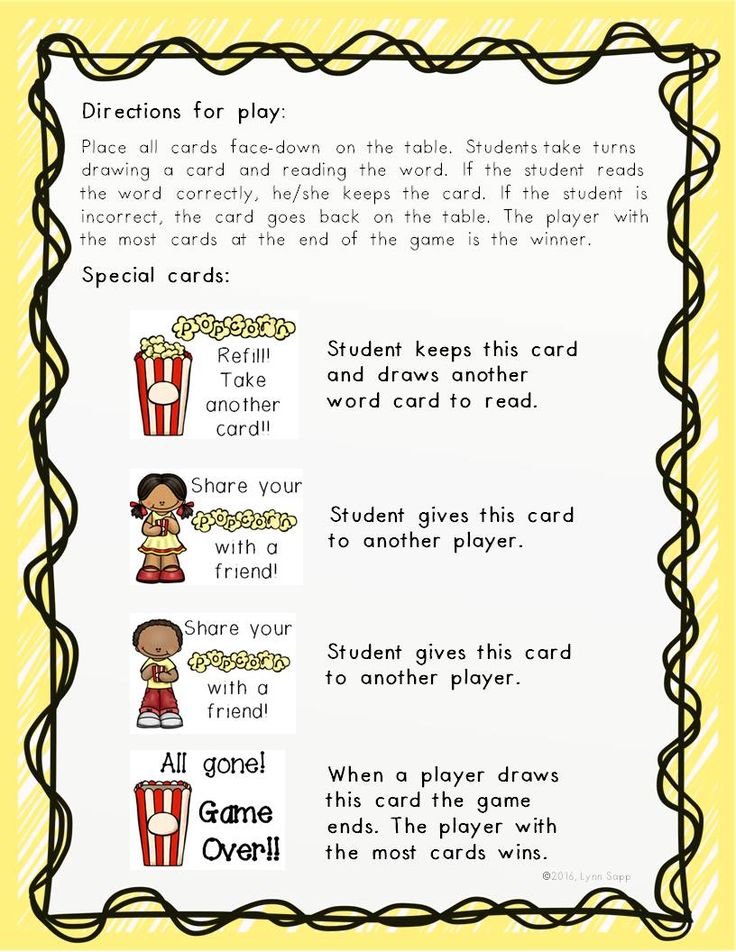 If the standard "framework" is mastered, then the task may be to compose a whole phrase with one consonant: a textbook example from the book by Evgeny Gik - "Bobby, kill the boy and beat the woman at the baobab."
If the standard "framework" is mastered, then the task may be to compose a whole phrase with one consonant: a textbook example from the book by Evgeny Gik - "Bobby, kill the boy and beat the woman at the baobab."
Chain of words
Game for any number of players. Many people know it under the name "How to make an elephant out of a fly", and it was invented by the writer and mathematician Lewis Carroll, the author of "Alice". The “chain” is based on metagram words, that is, words that differ by only one letter. The task of the players is to turn one word into another with the least number of intermediate links. For example, let's make a "goat" from a "fox": FOX - LINDE - PAW - KAPA - KARA - KORA - GOAT. It is interesting to give tasks with a plot: so that the “day” turns into “night”, the “river” becomes the “sea”. The well-known chain, where the "elephant" grows out of the "fly", is obtained in 16 moves: FLY - MURA - TURA - TARA - KARA - KARE - CAFE - KAFR - MURDER - KAYUK - HOOK - URIK - LESSON - TERM - DRAIN - STON - ELEPHANT (example of Evgeny Gik).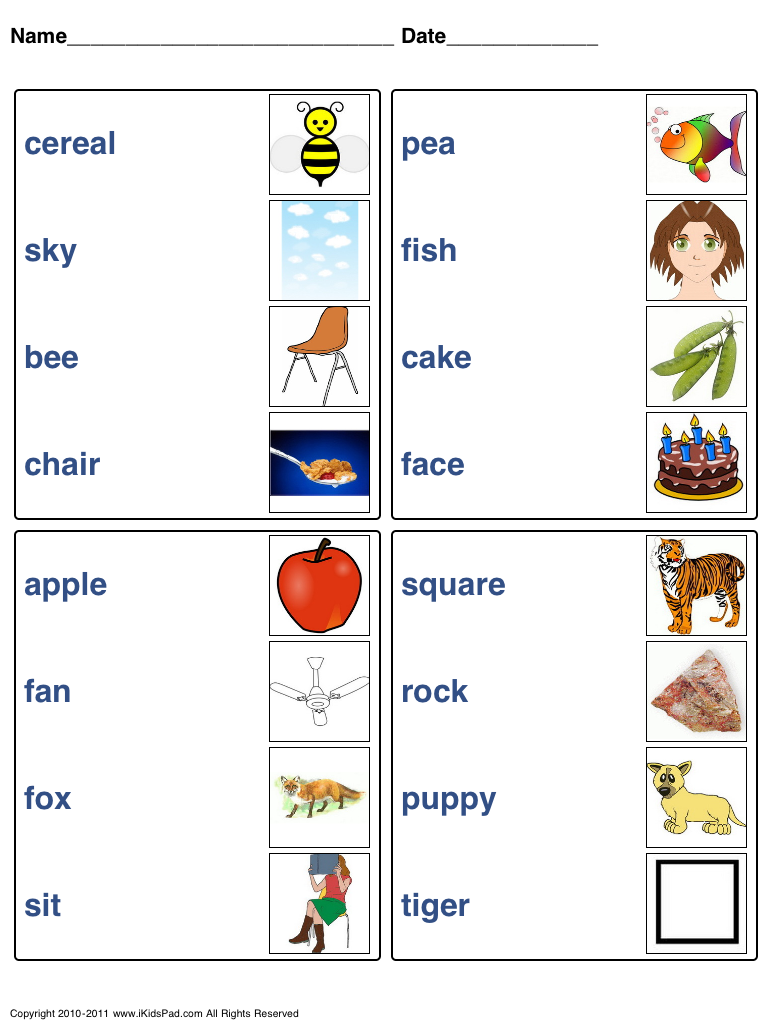 For training, you can compete in the search for metagrams for any word. For example, the word "tone" gives "sleep", "background", "current", "tom", "tan" and so on - whoever scores more options wins.
For training, you can compete in the search for metagrams for any word. For example, the word "tone" gives "sleep", "background", "current", "tom", "tan" and so on - whoever scores more options wins.
Hat
A game for a company of four people that requires simple equipment: pens, paper and a “hat” (an ordinary plastic bag will do). Sheets of paper need to be torn into small pieces and distributed to the players, the number of pieces depends on how many people are playing: the larger the company, the less for each. Players write words on pieces of paper (one for each piece of paper) and throw them into the "hat". There are also options here - you can play just with words (noun, common noun, singular), or you can play with famous people or literary characters. Then the participants are divided into teams - two or more people each; the task of each - in 20 seconds (or 30, or a minute - the timing can be set at your own choice) to explain to your teammates the largest number of words arbitrarily pulled out of the "hat", without using the same root. If the driver could not explain a word, it returns to the hat and will be played by the other team. At the end of the game, the words guessed by different representatives of the same team are summed up, their number is counted, and the team that has more pieces of paper is awarded the victory. A popular version of the game: everything is the same, but in the first round the players explain the words (or describe the characters) orally, in the second round they show in pantomime, in the third round they explain the same words in one word. And recently a board game has appeared, where you need not only to explain and show, but also to draw.
If the driver could not explain a word, it returns to the hat and will be played by the other team. At the end of the game, the words guessed by different representatives of the same team are summed up, their number is counted, and the team that has more pieces of paper is awarded the victory. A popular version of the game: everything is the same, but in the first round the players explain the words (or describe the characters) orally, in the second round they show in pantomime, in the third round they explain the same words in one word. And recently a board game has appeared, where you need not only to explain and show, but also to draw.
Telegrams
Game for any number of players. The players choose a word, for each letter of which they will need to come up with a part of the telegram - the first letter will be the beginning of the first word, the second - the second, and so on. For example, the word "fork" is selected. Then the following message can become a telegram: “The camel is healed.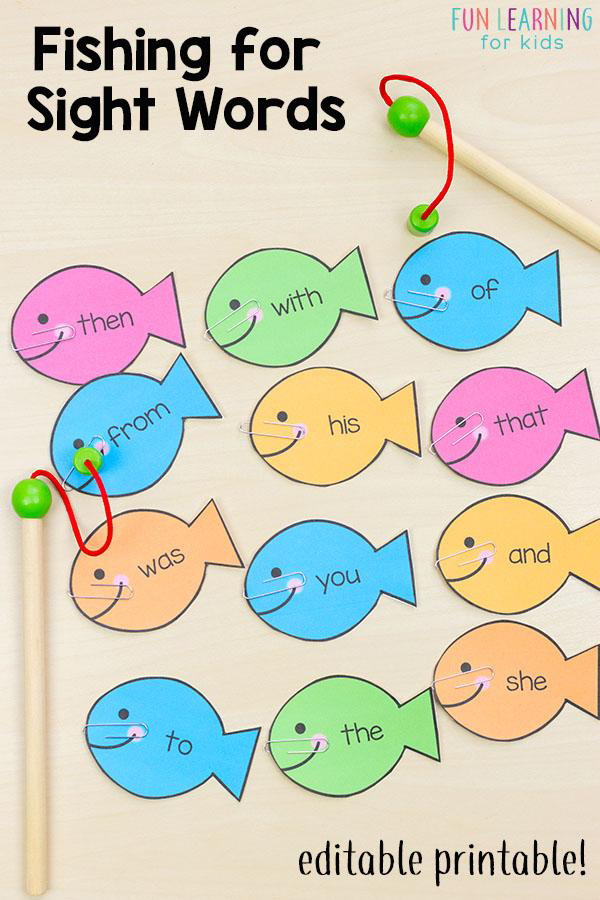 I'm flying a crocodile. Aibolit". Another round of the game is the addition of genres. Each player gets the task to write not one, but several telegrams from the same word - business, congratulatory, romantic (the types of messages are agreed in advance). Telegrams are read aloud, the next word is chosen.
I'm flying a crocodile. Aibolit". Another round of the game is the addition of genres. Each player gets the task to write not one, but several telegrams from the same word - business, congratulatory, romantic (the types of messages are agreed in advance). Telegrams are read aloud, the next word is chosen.
even more different games for one or a company
Home games
Shadow theater, crafts and paper dolls from children's books and magazines of the XIX-XX centuries
Yard games Ring and other games
Games from classic books
What do the heroes of the works of Nabokov, Lindgren and Milne play
A children's course on where games, anecdotes, horror stories and memes come from and why we need them
Children's room
Special project
Children's room Arzamas
Sources
- Balandin B.
